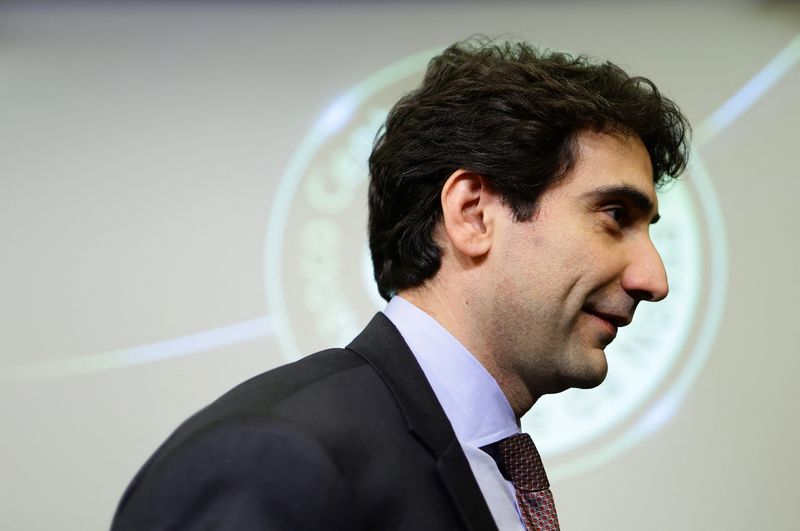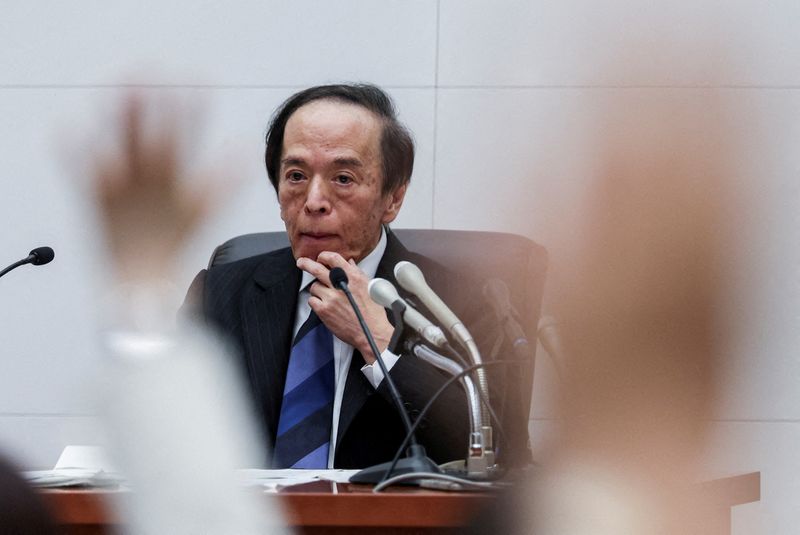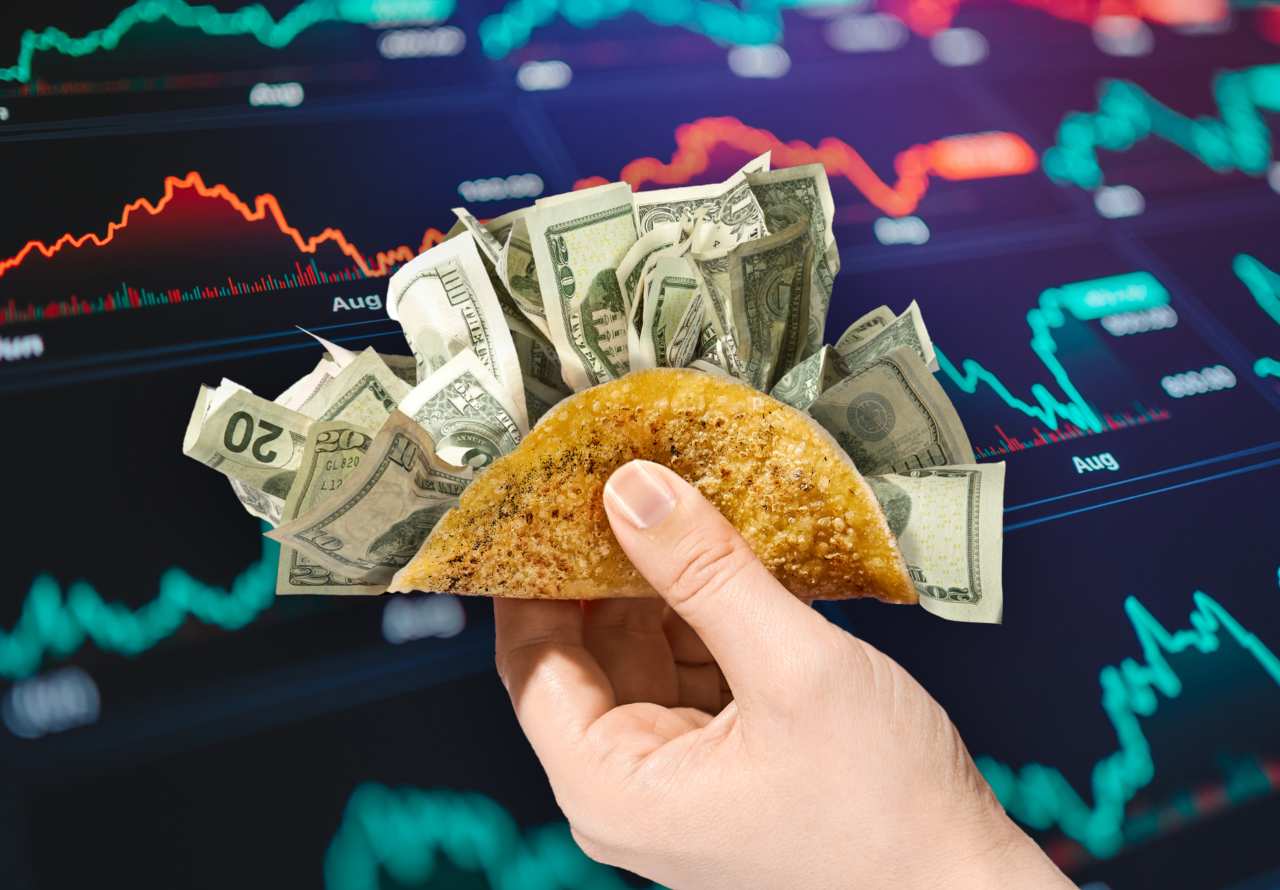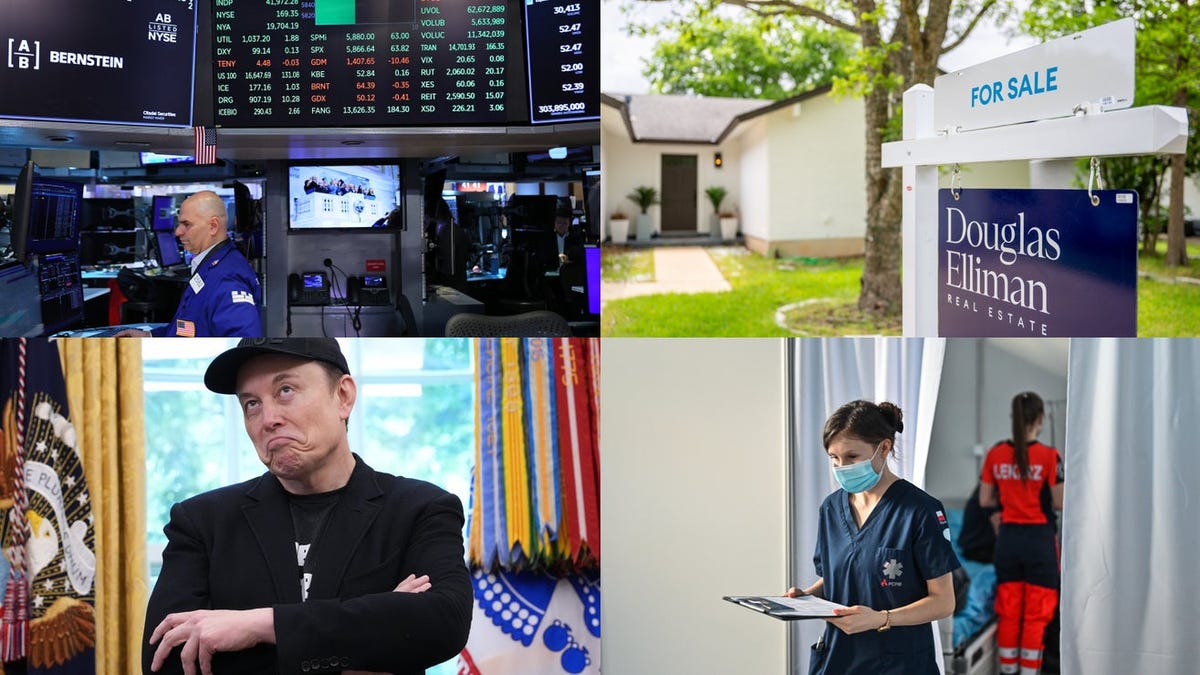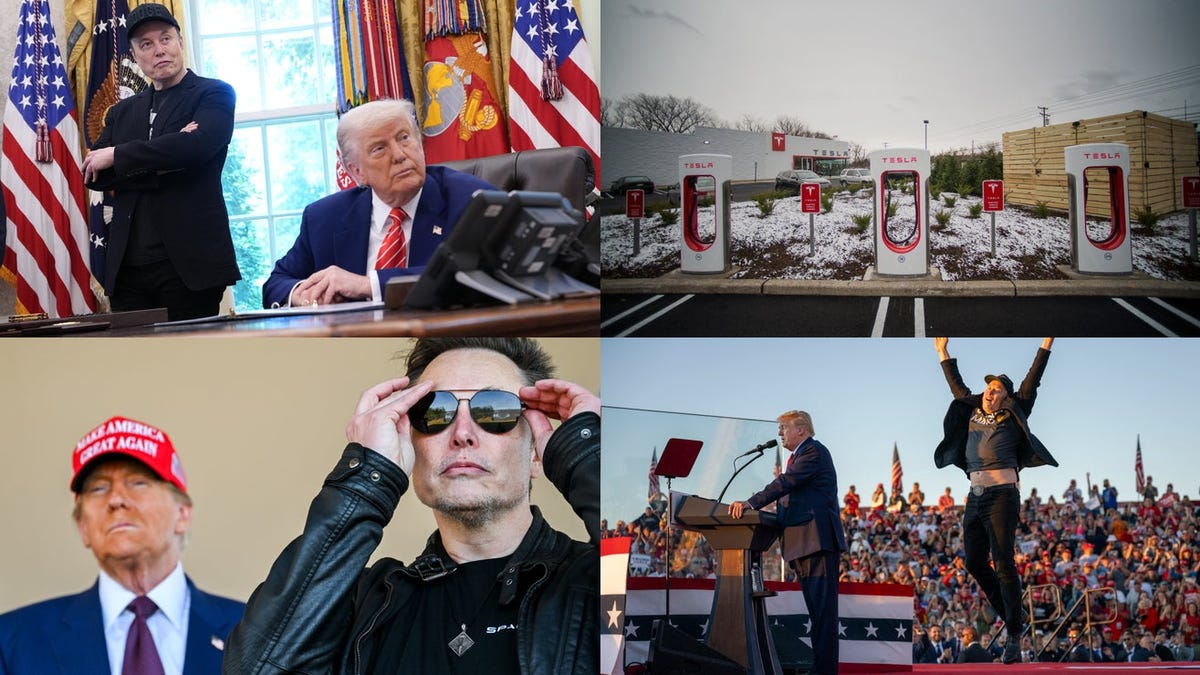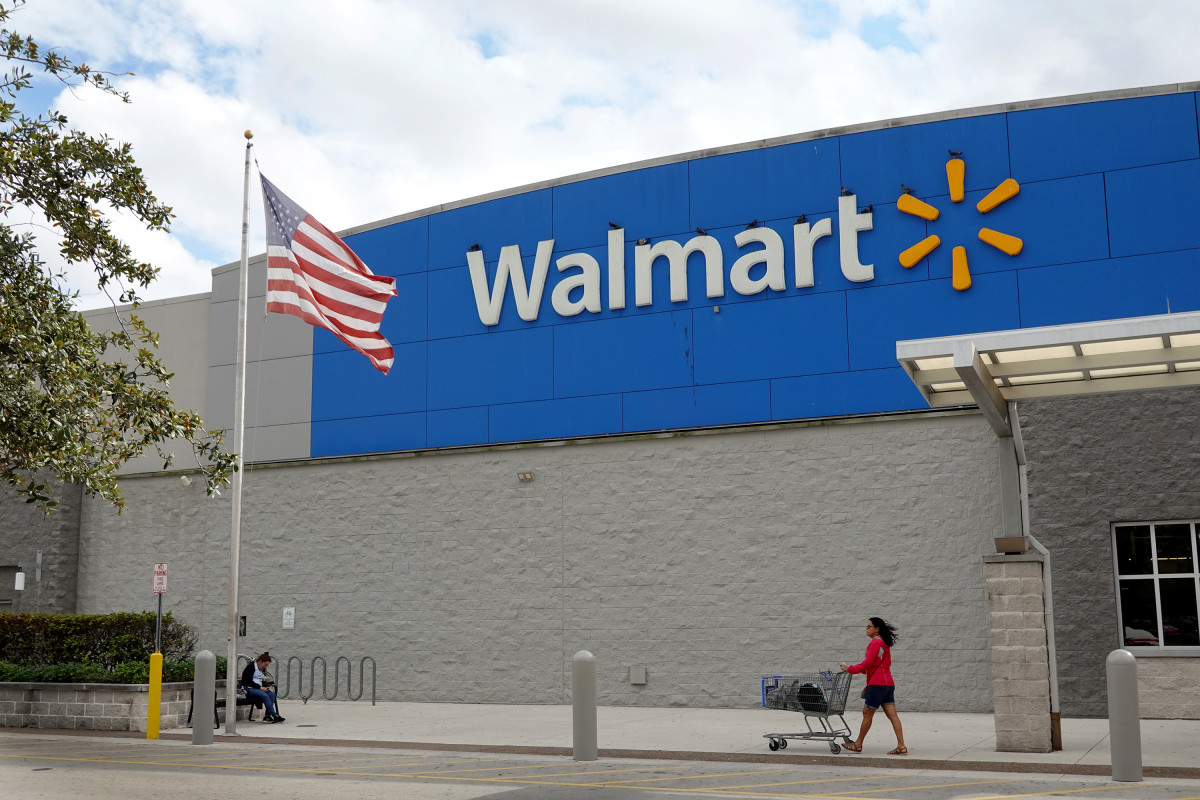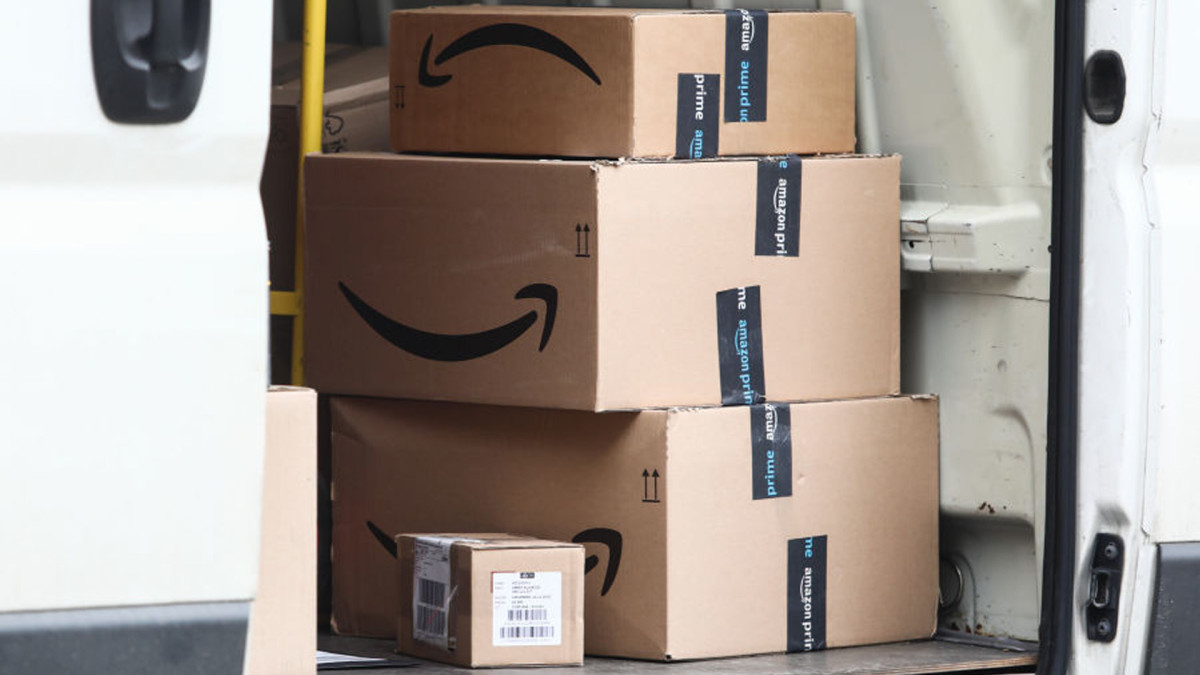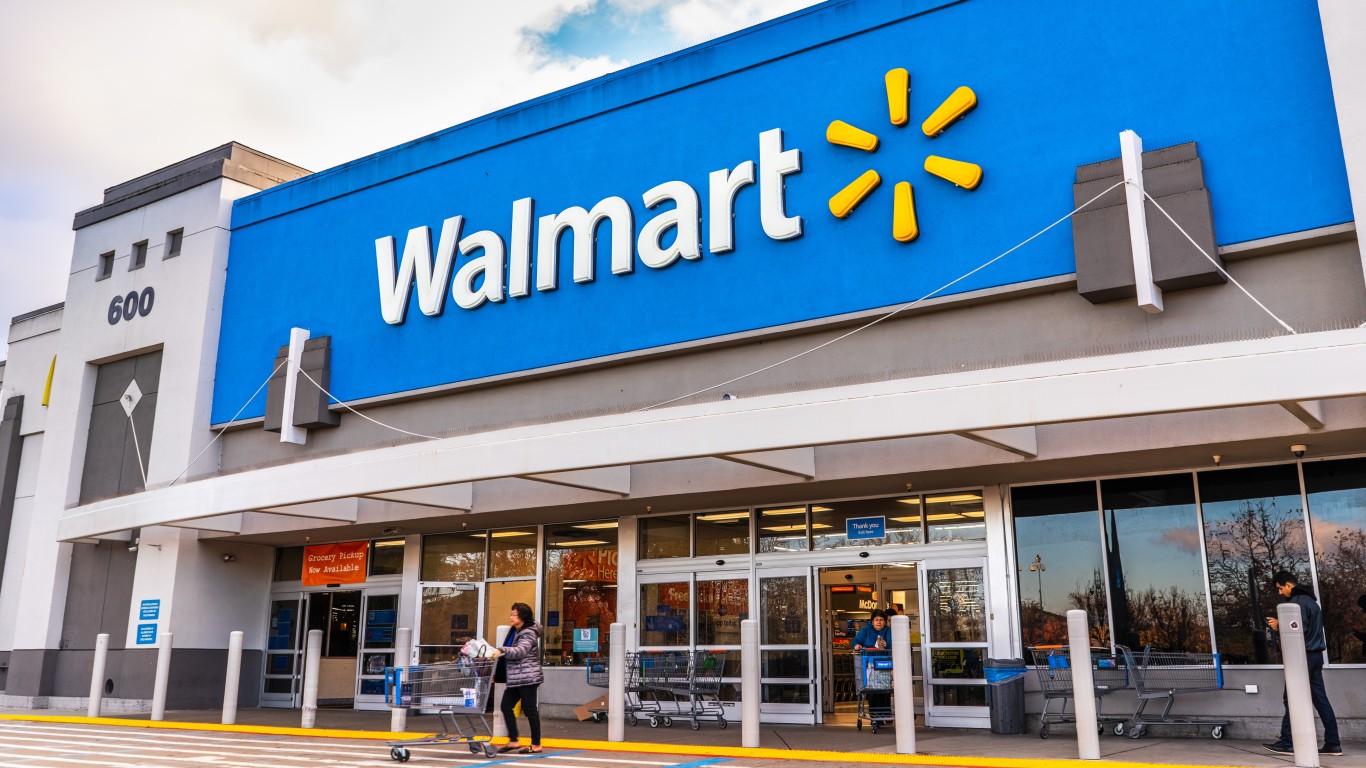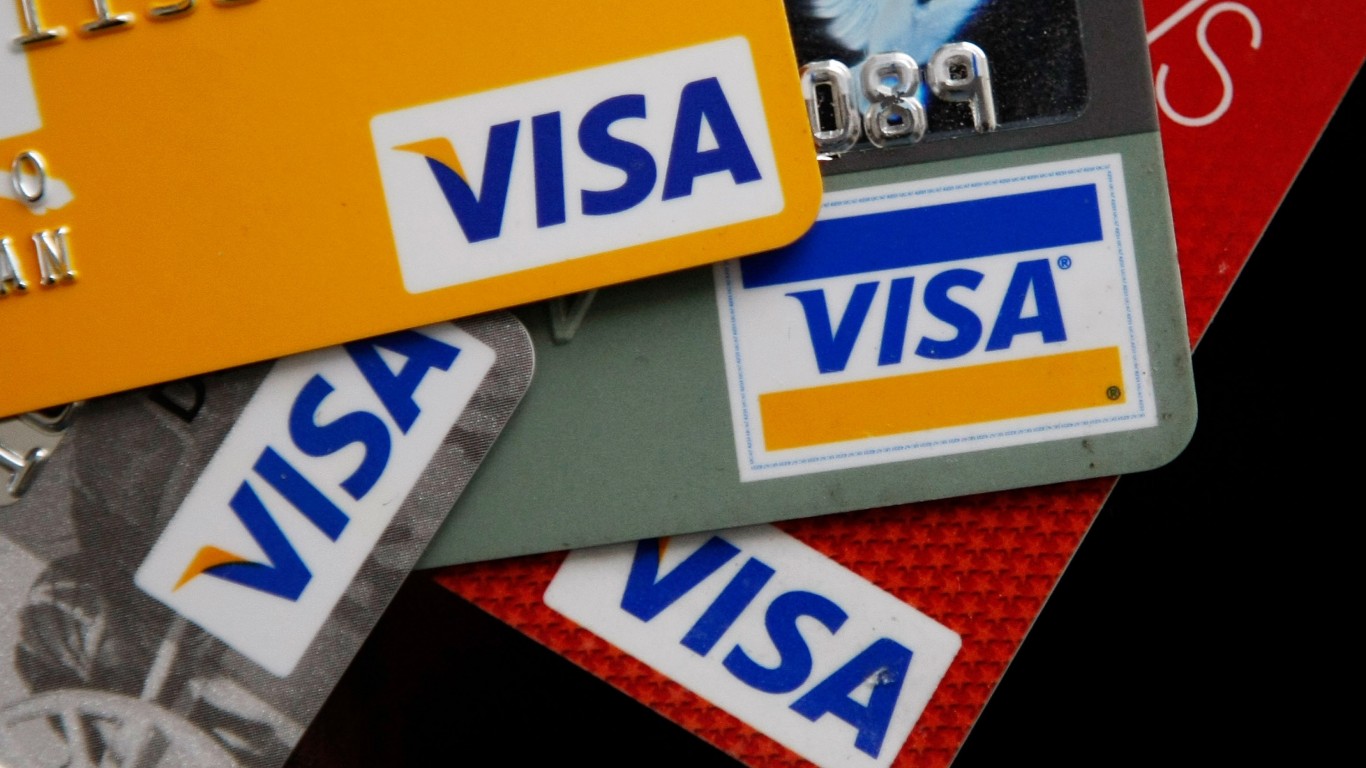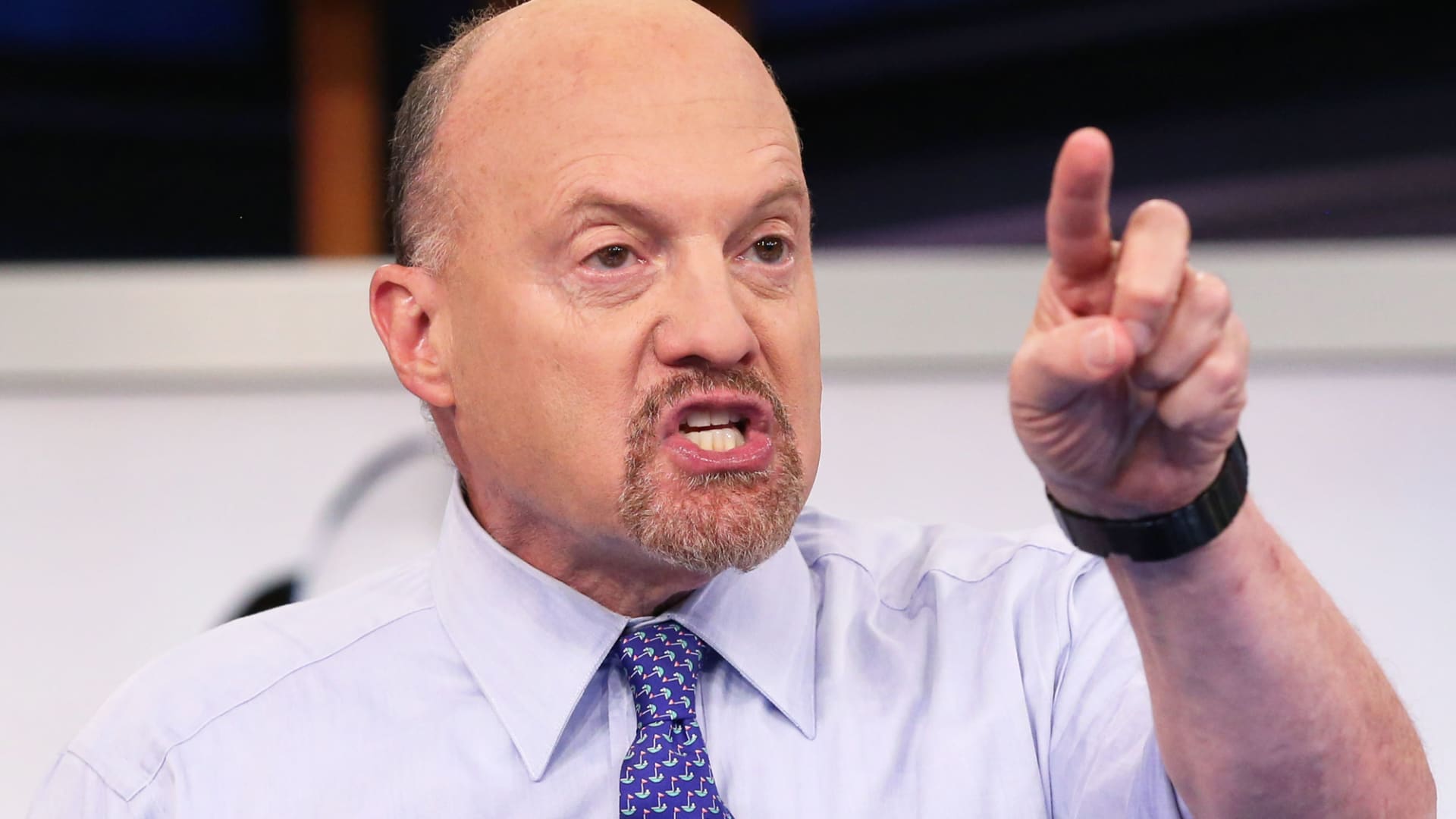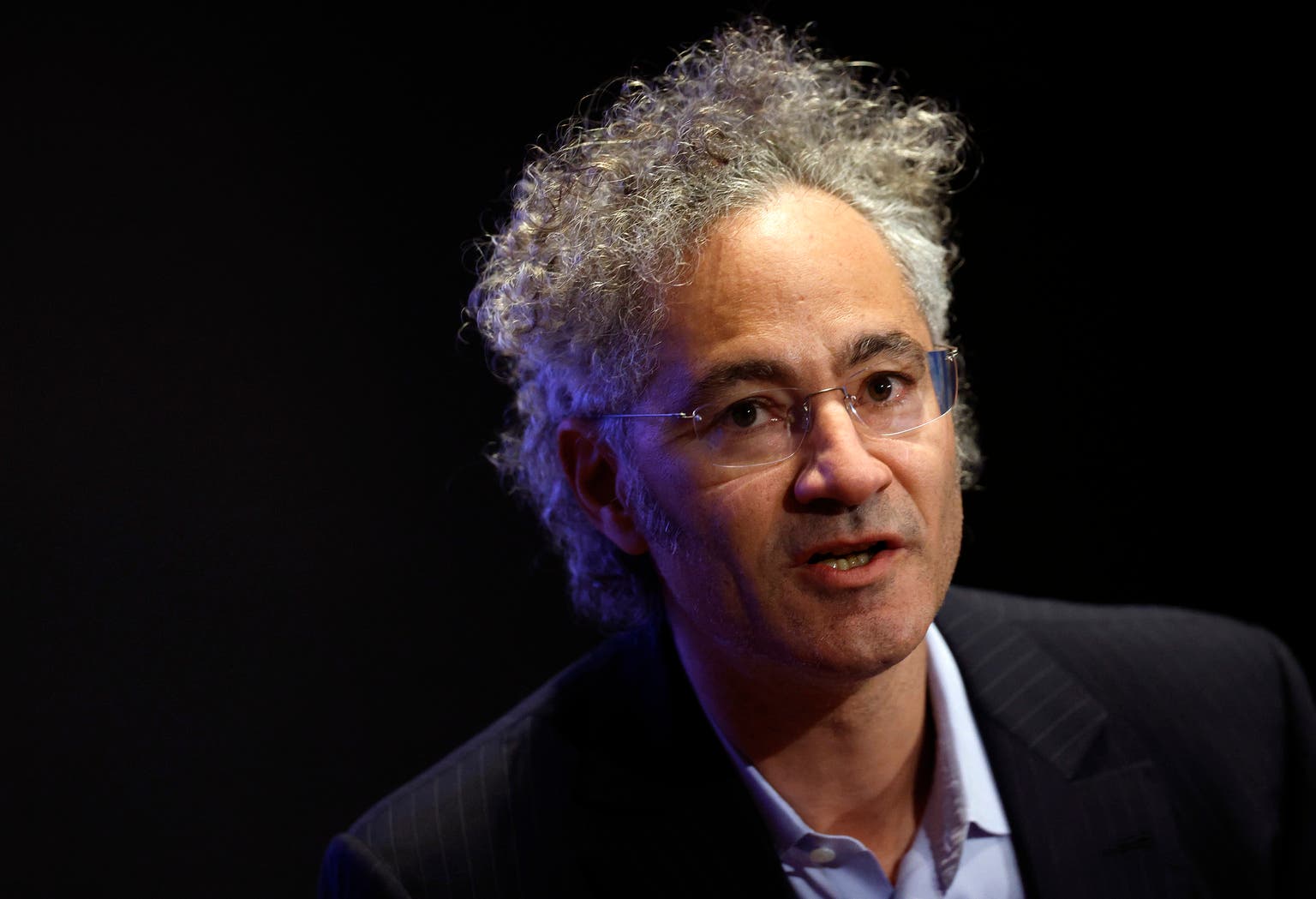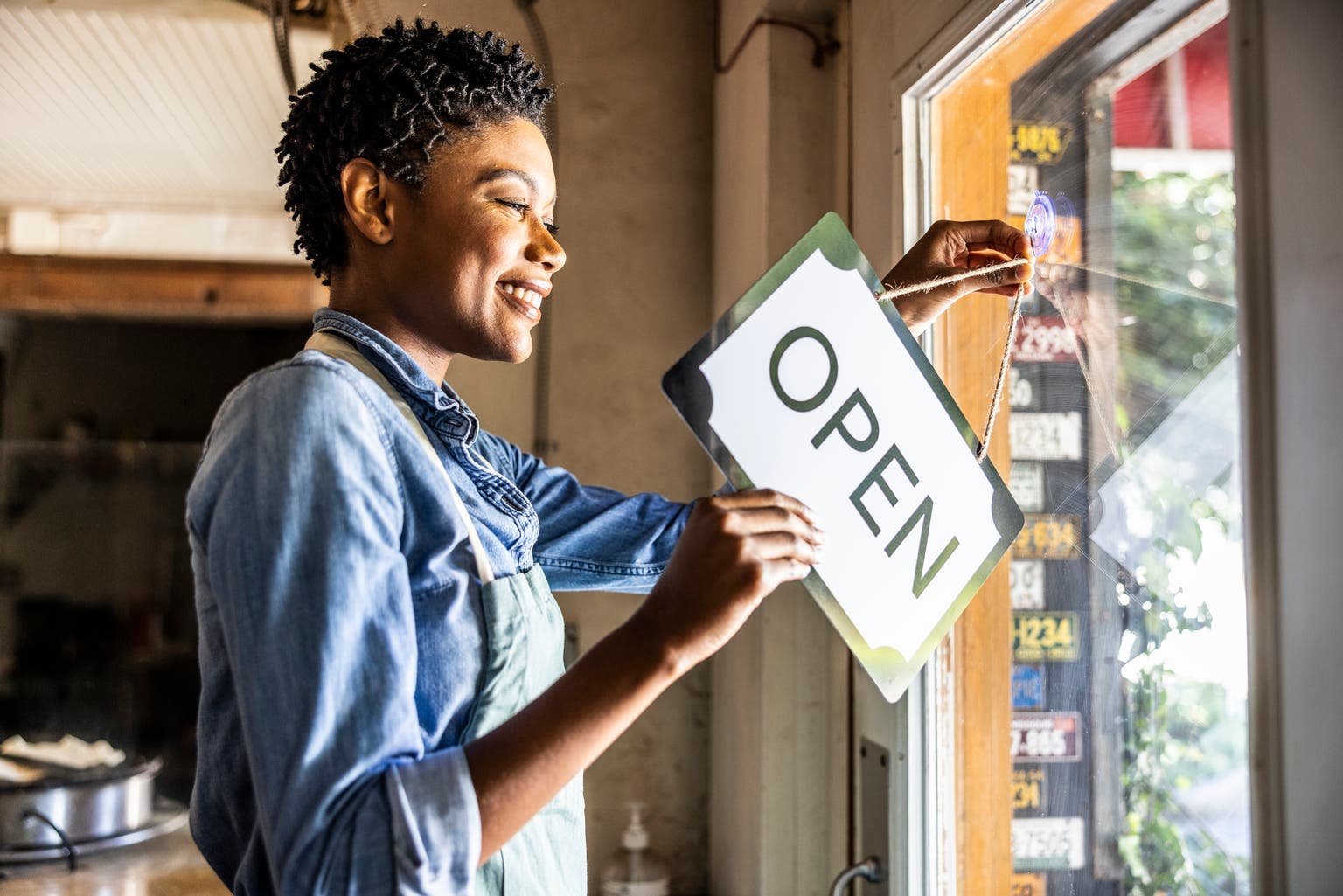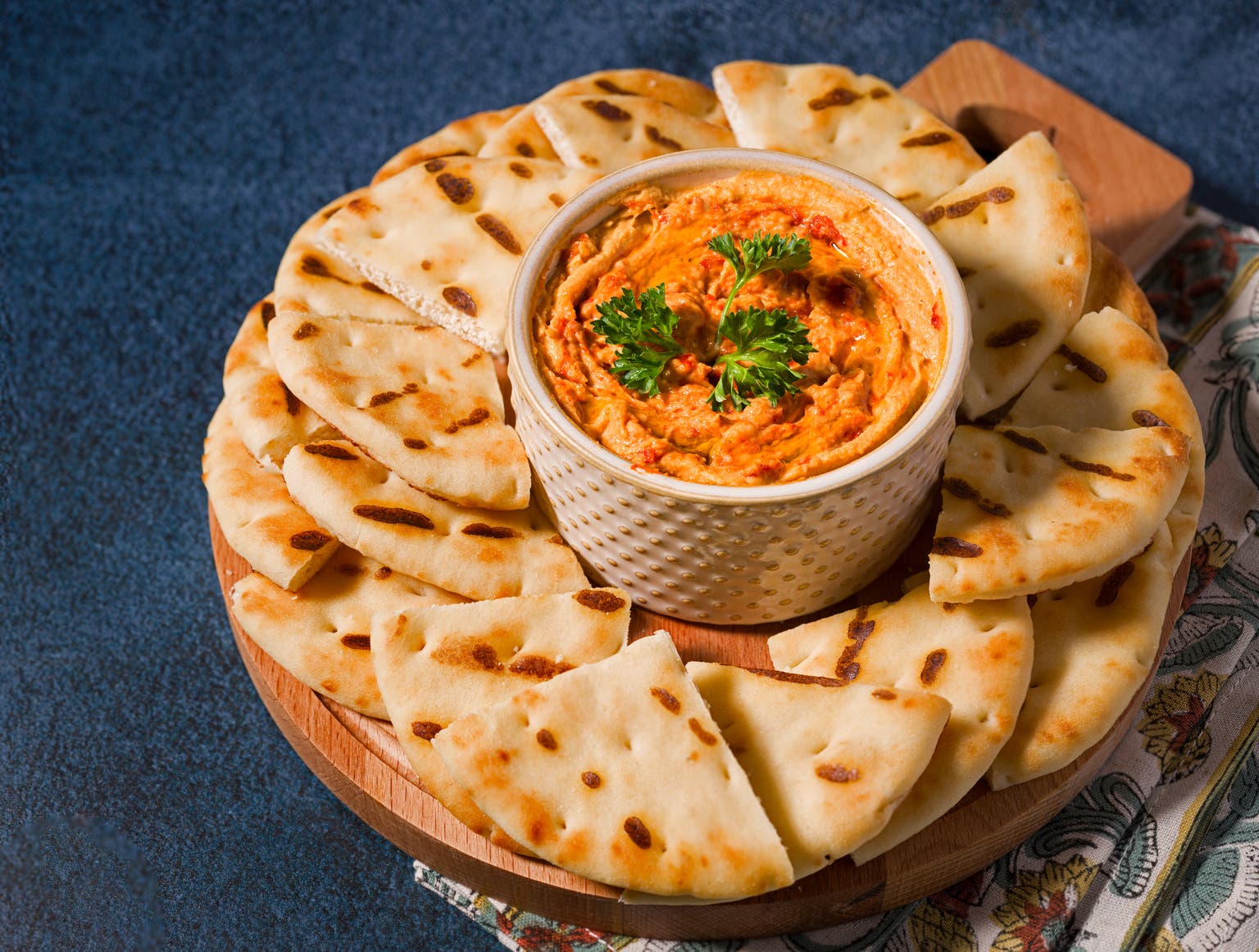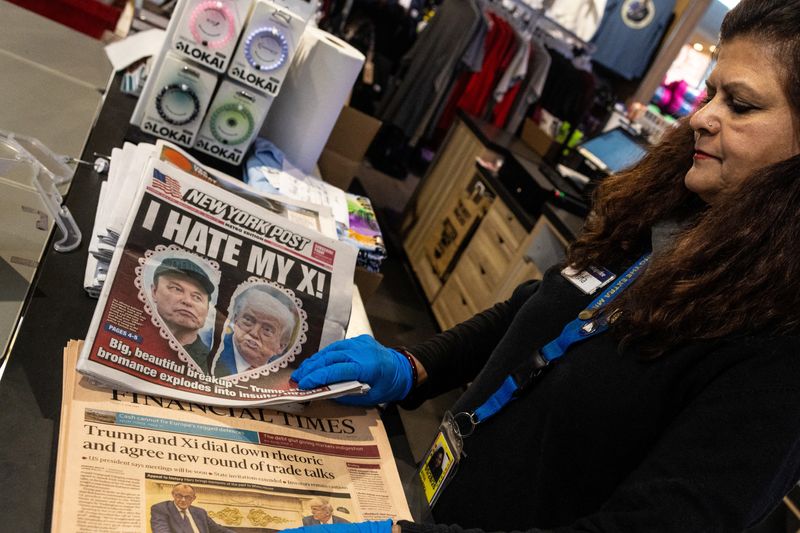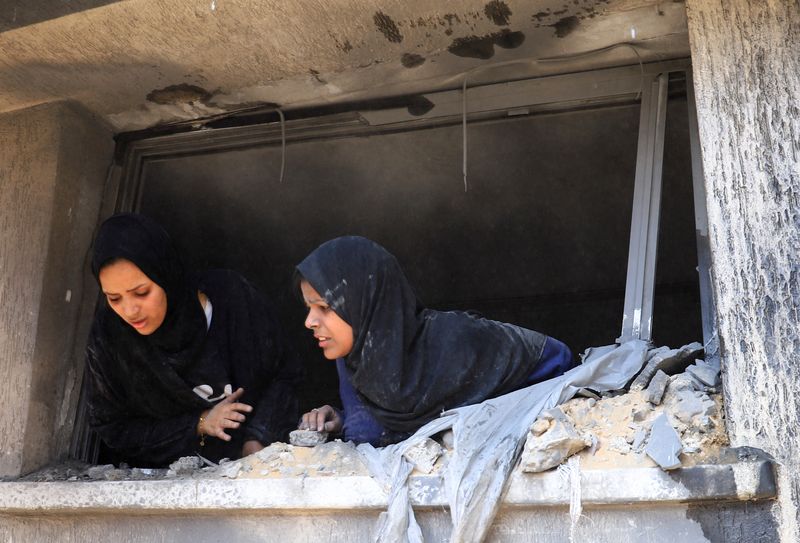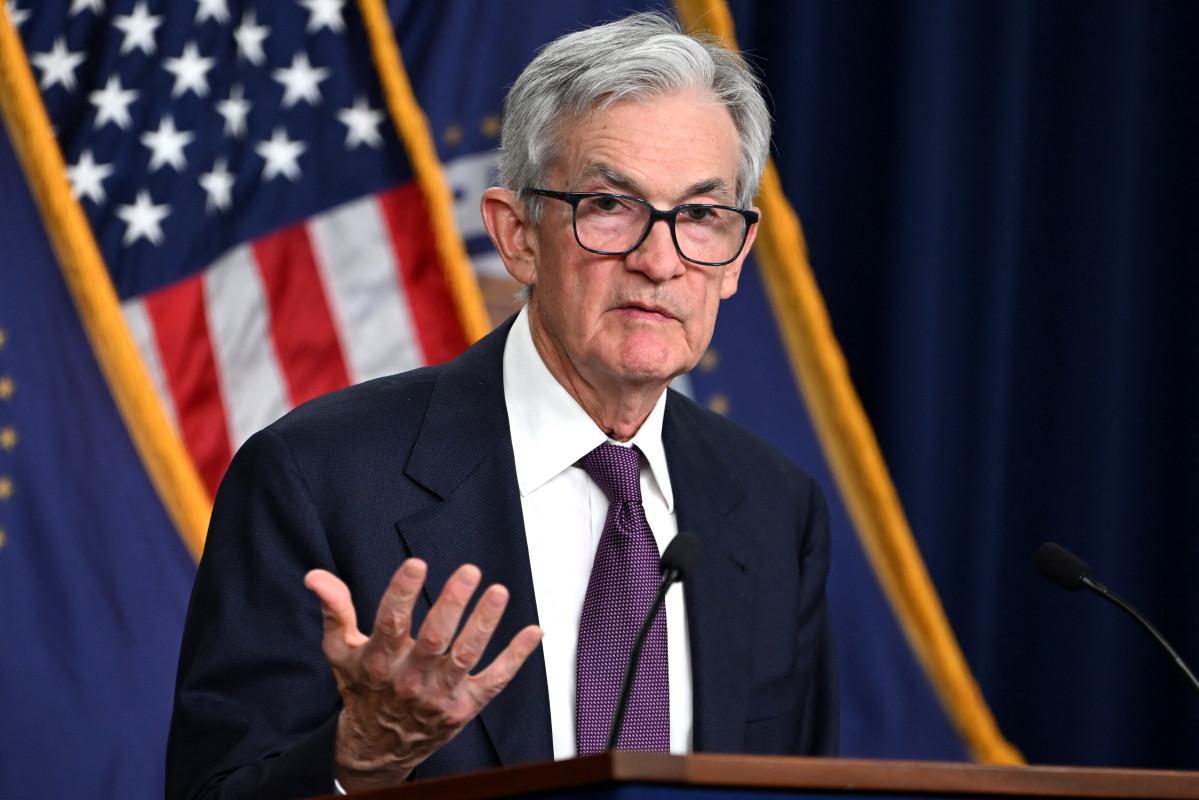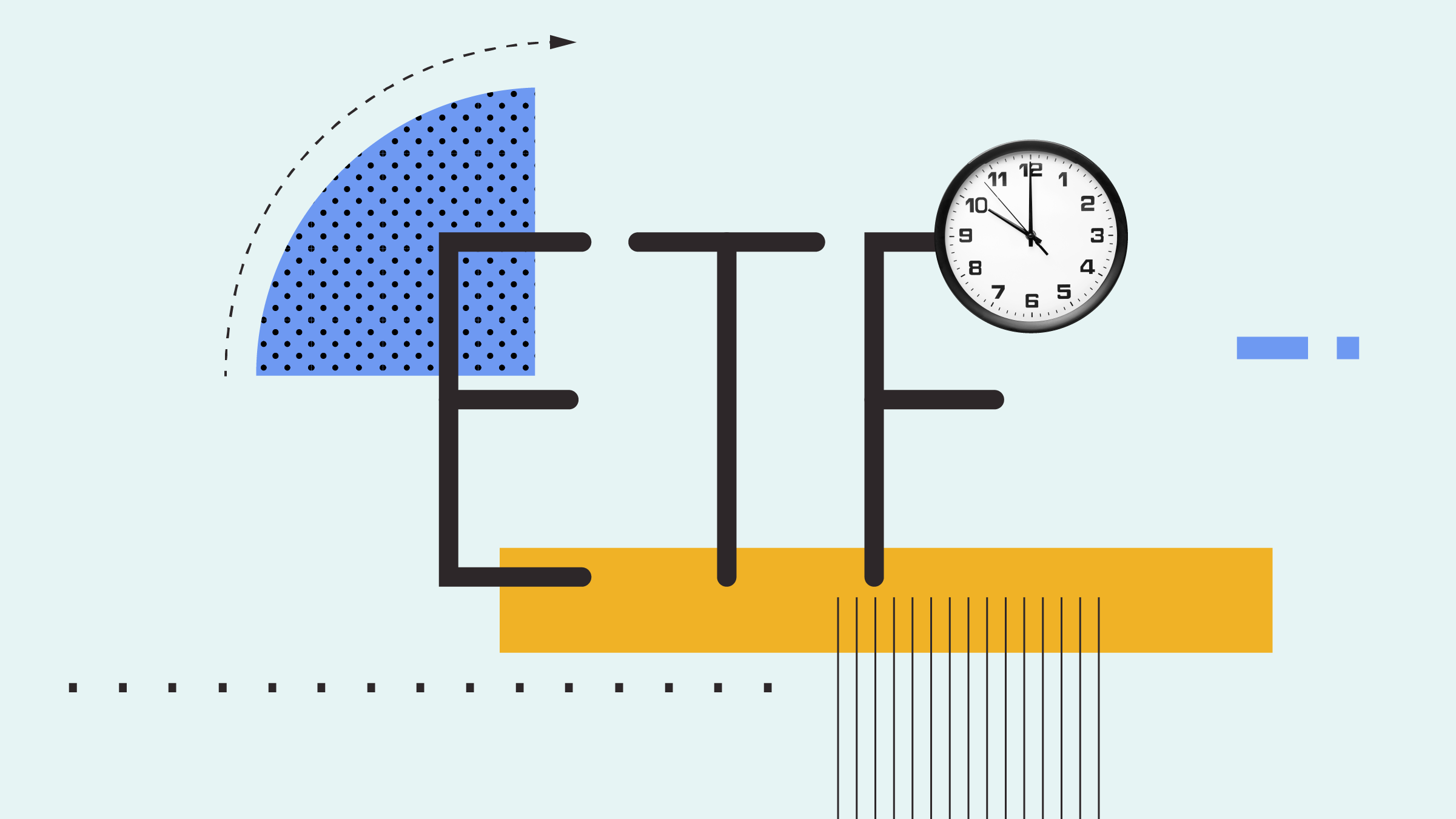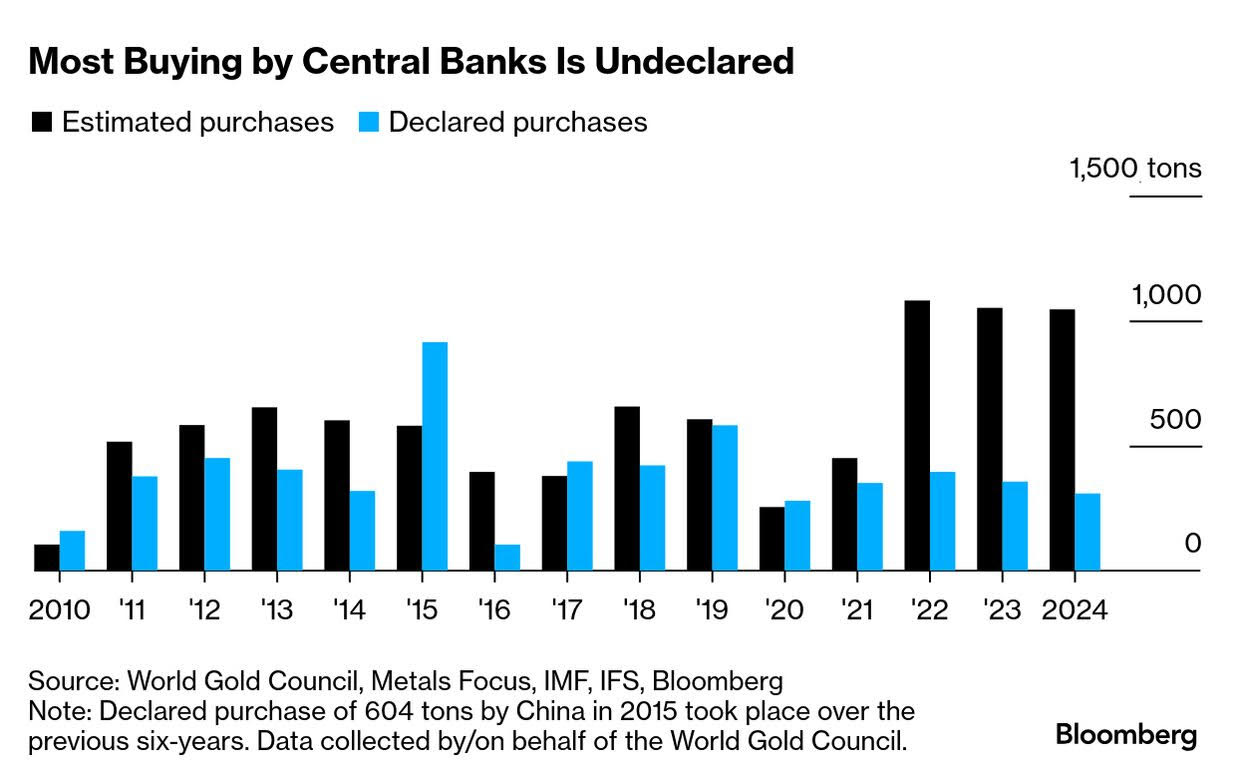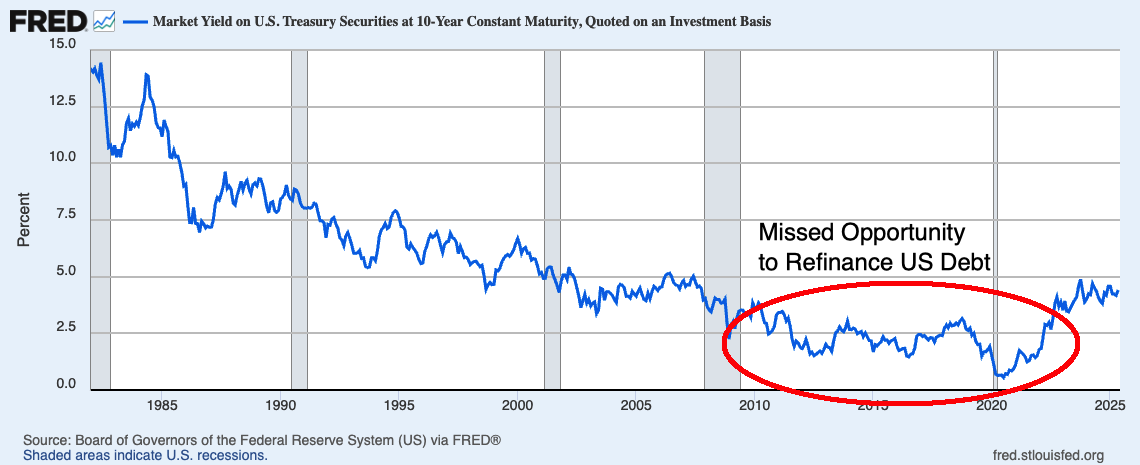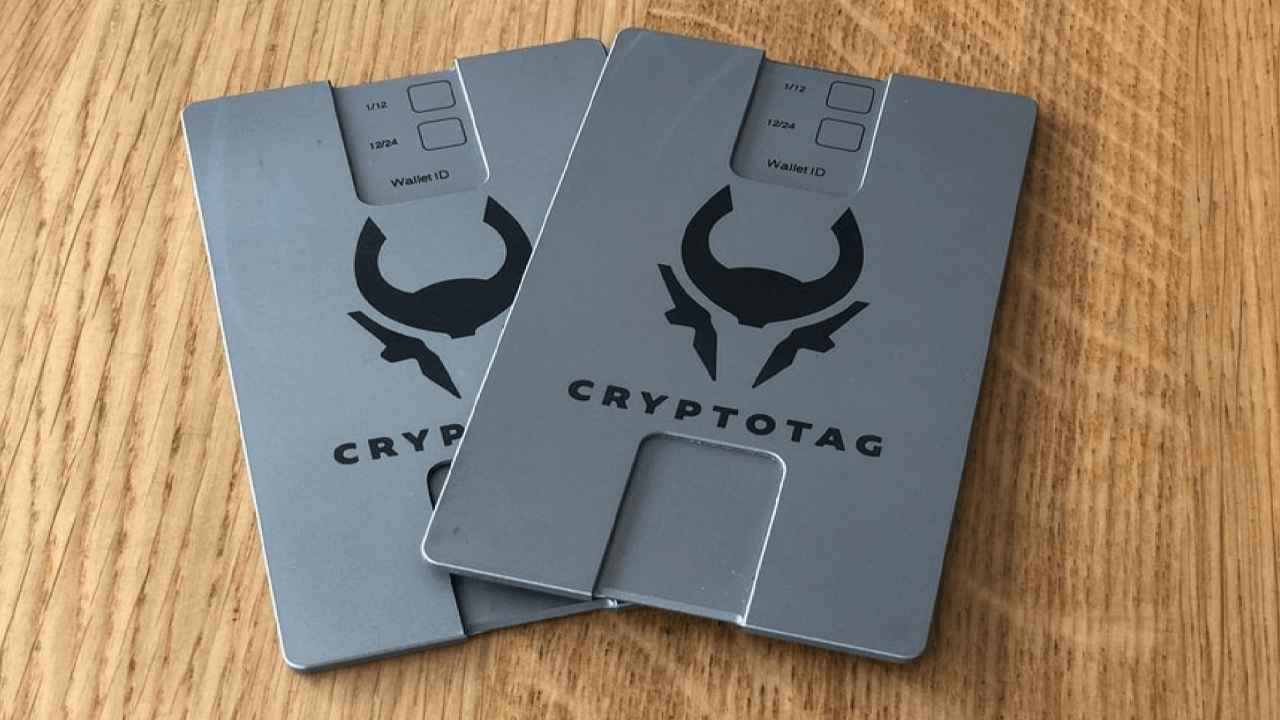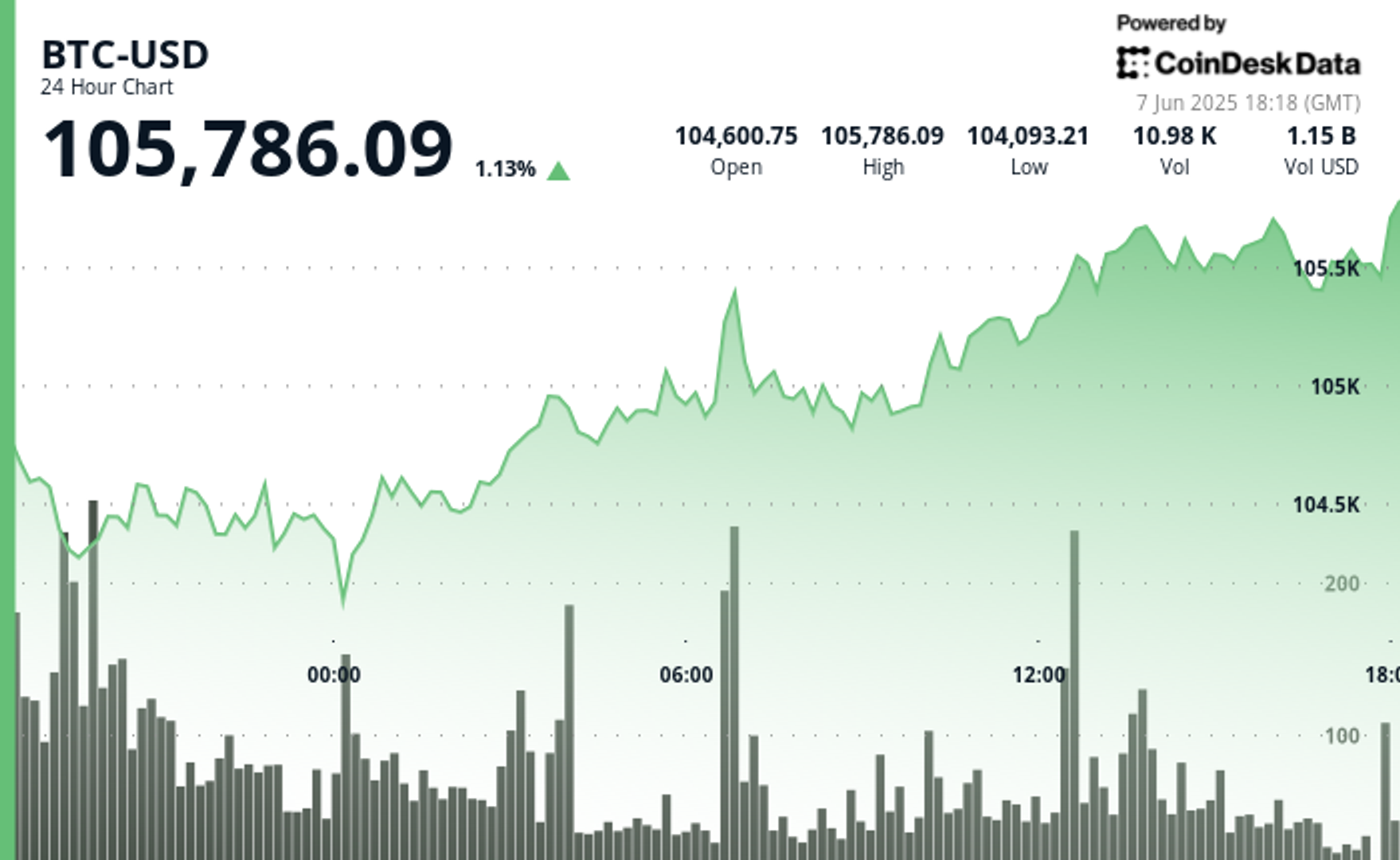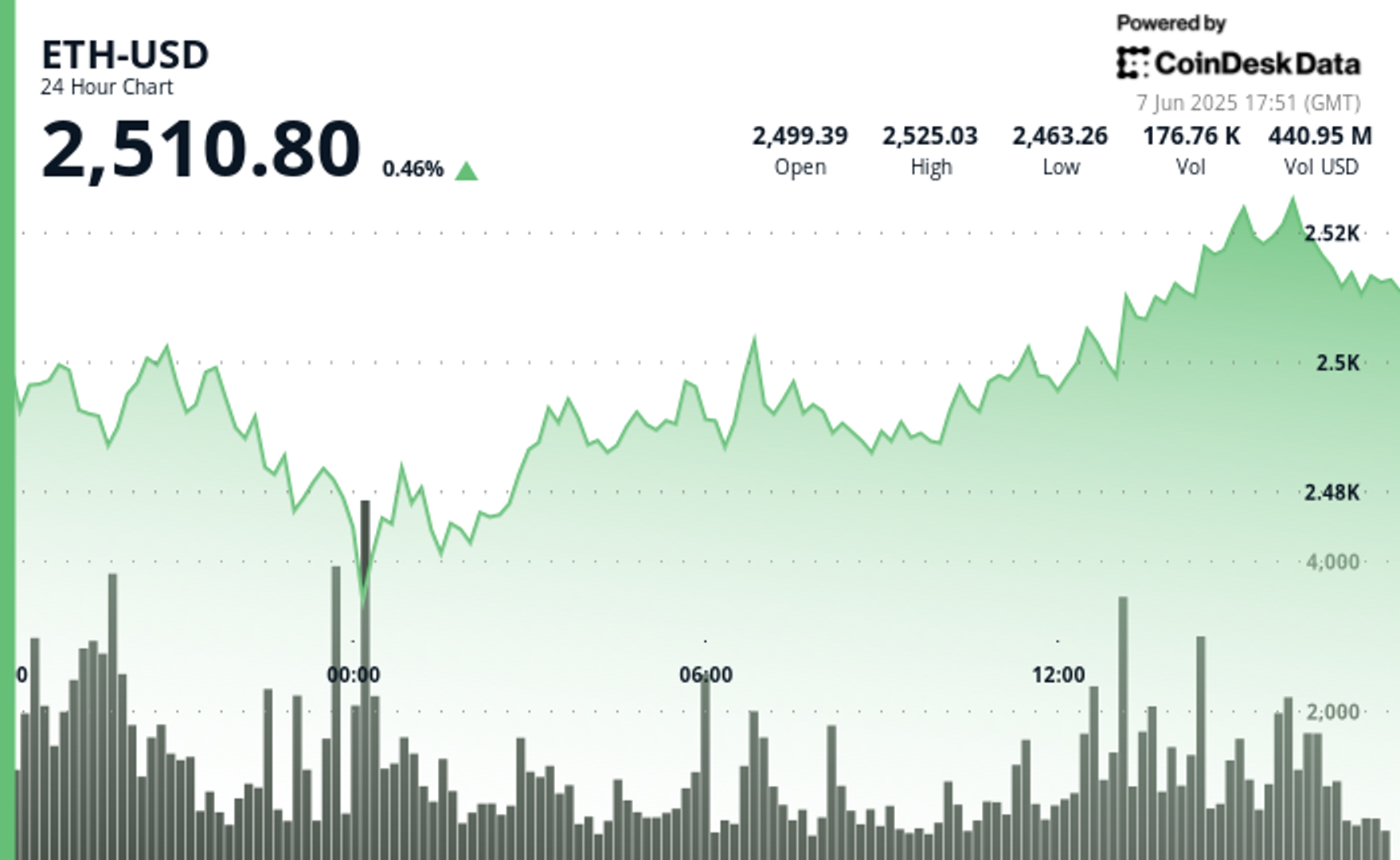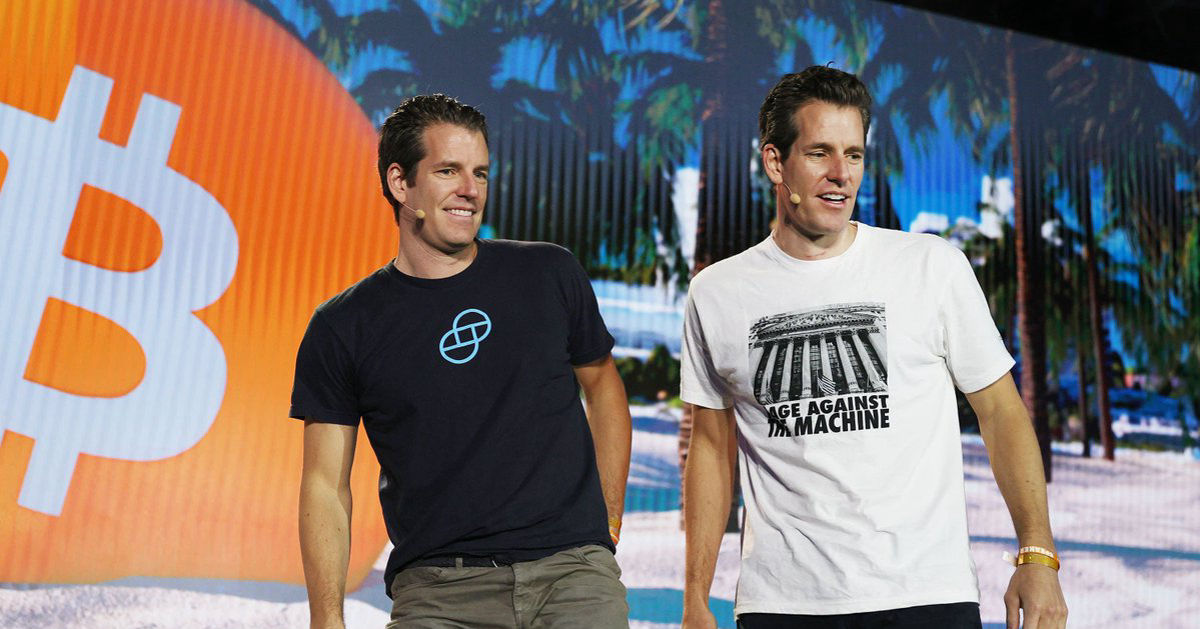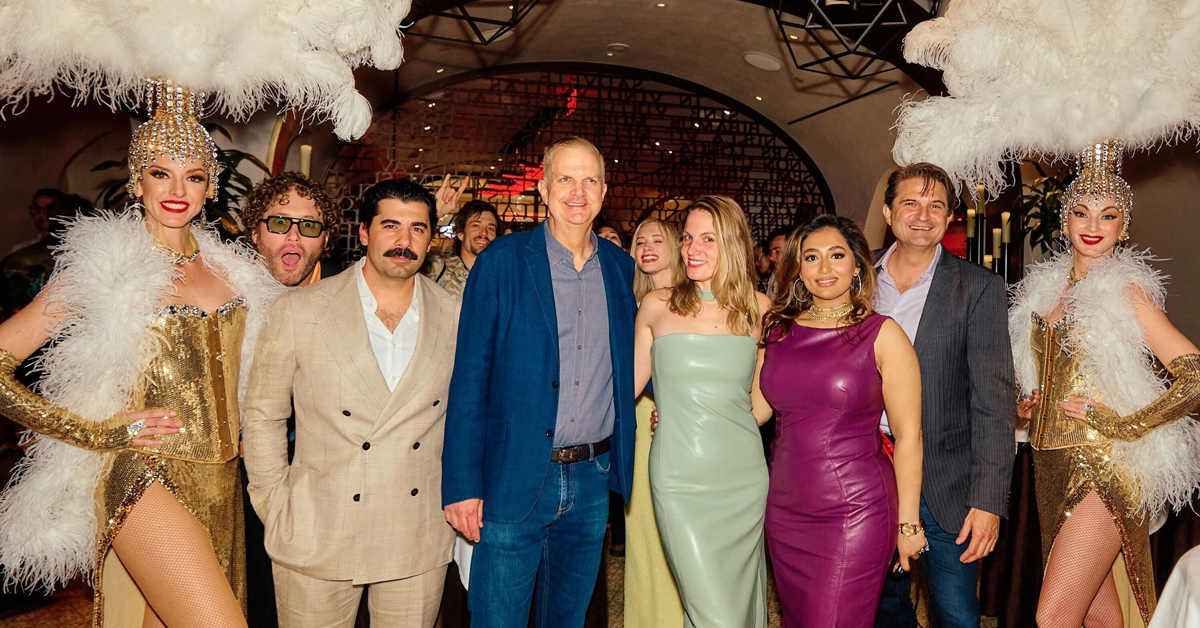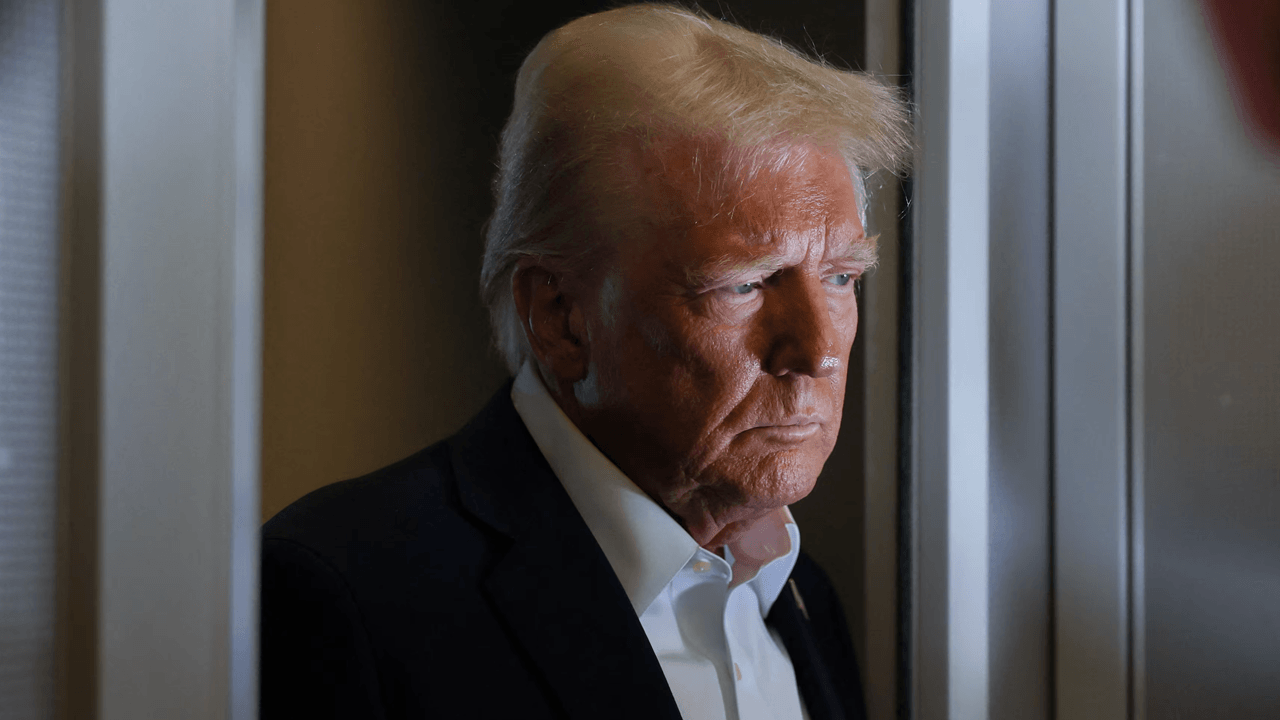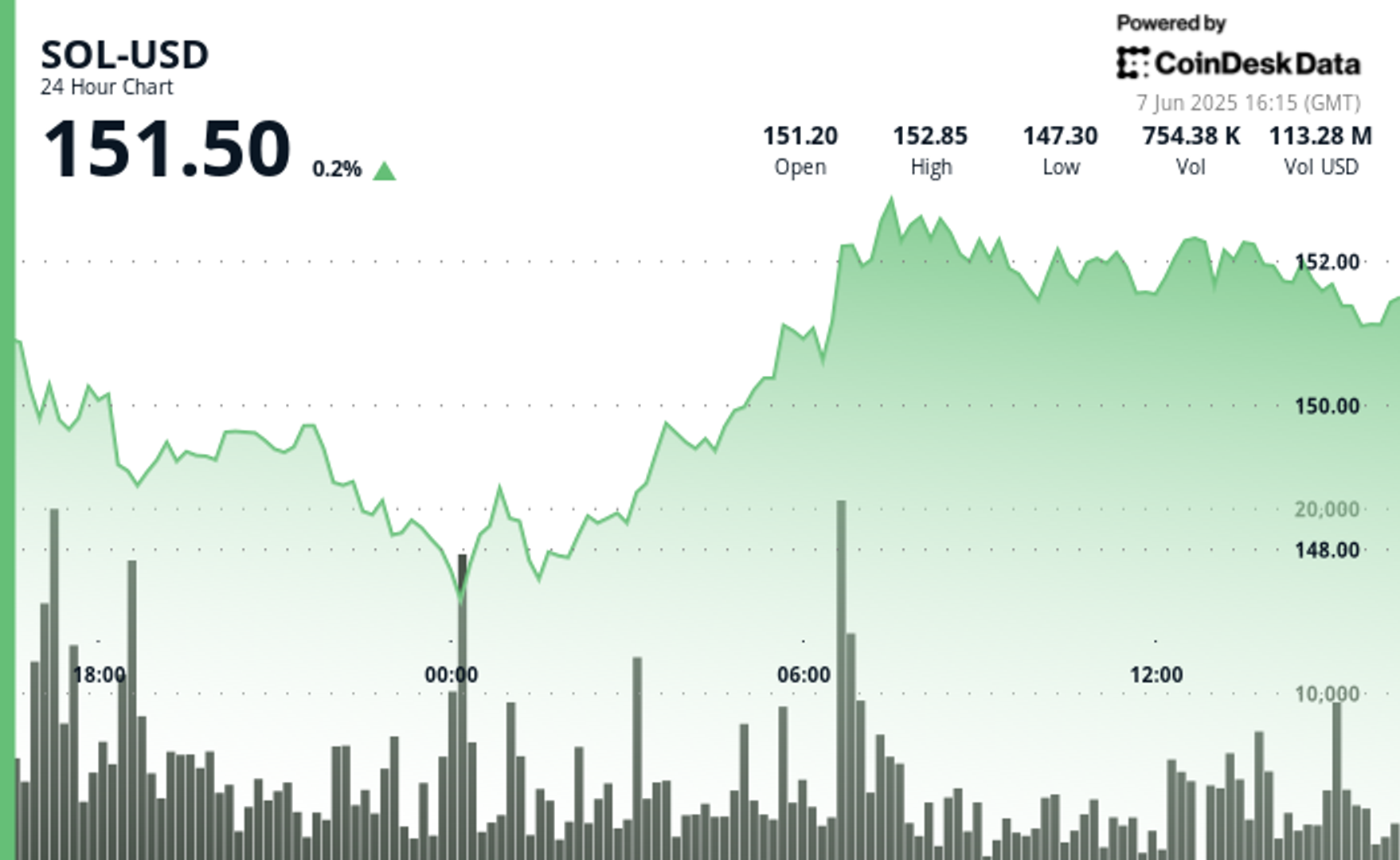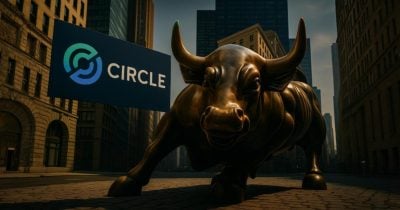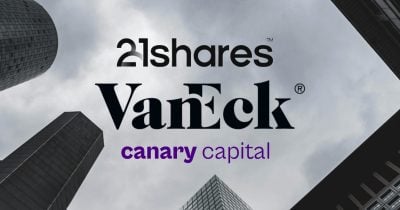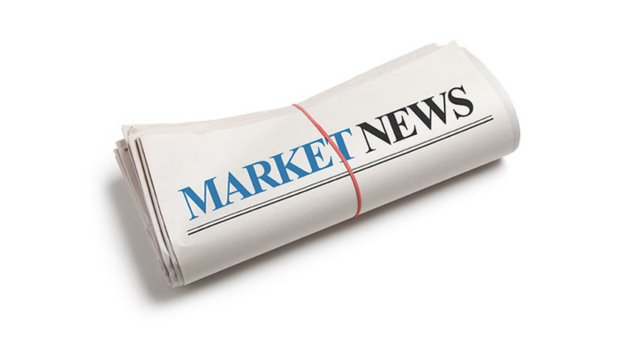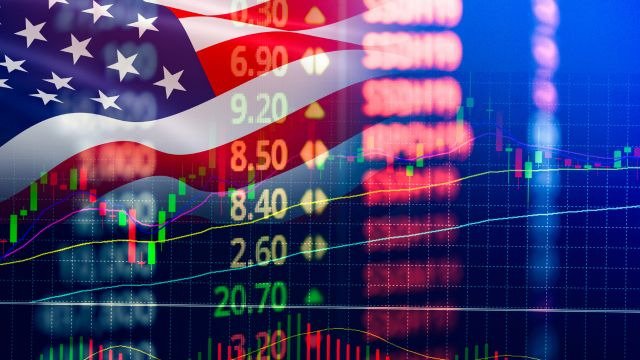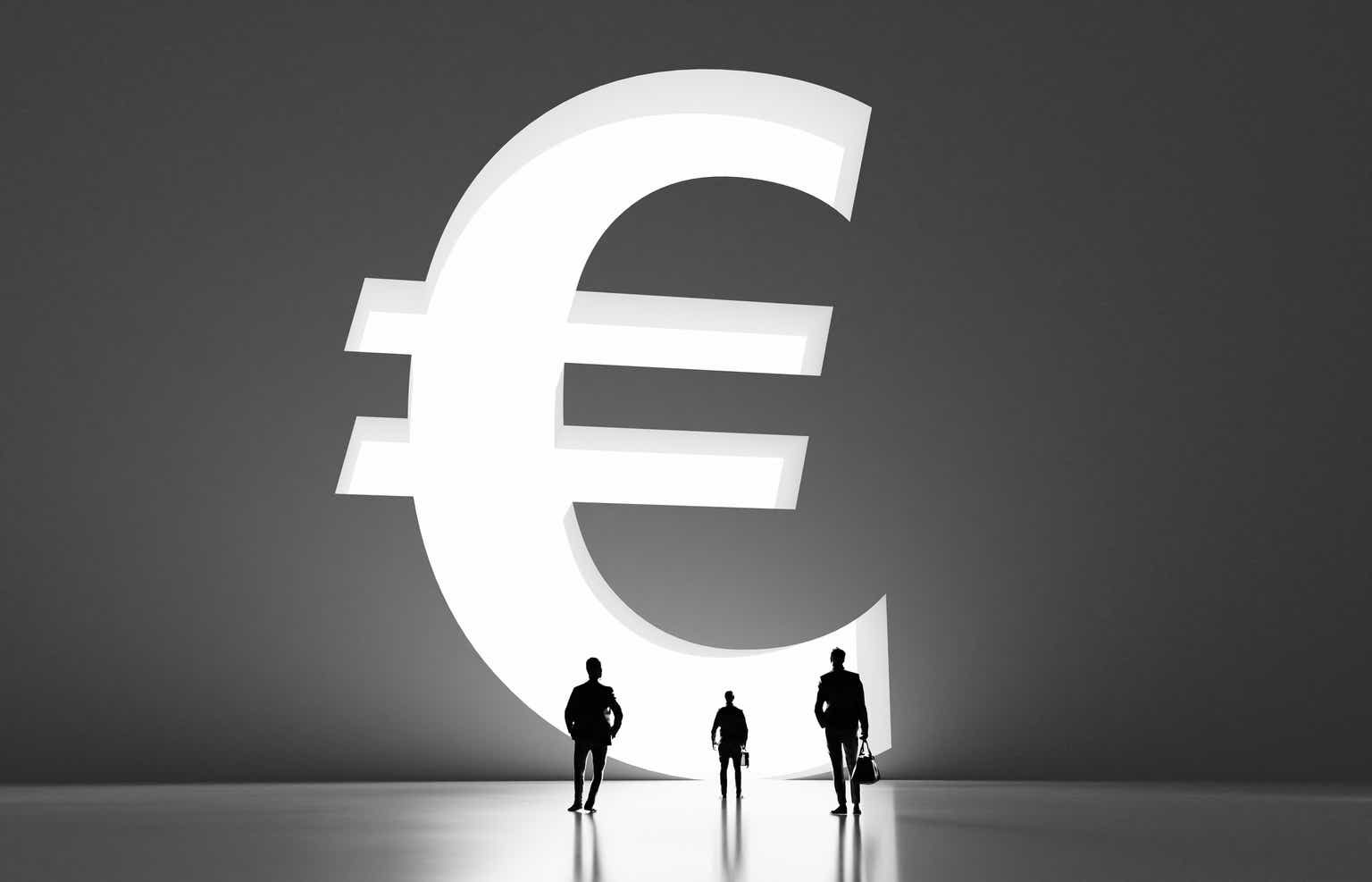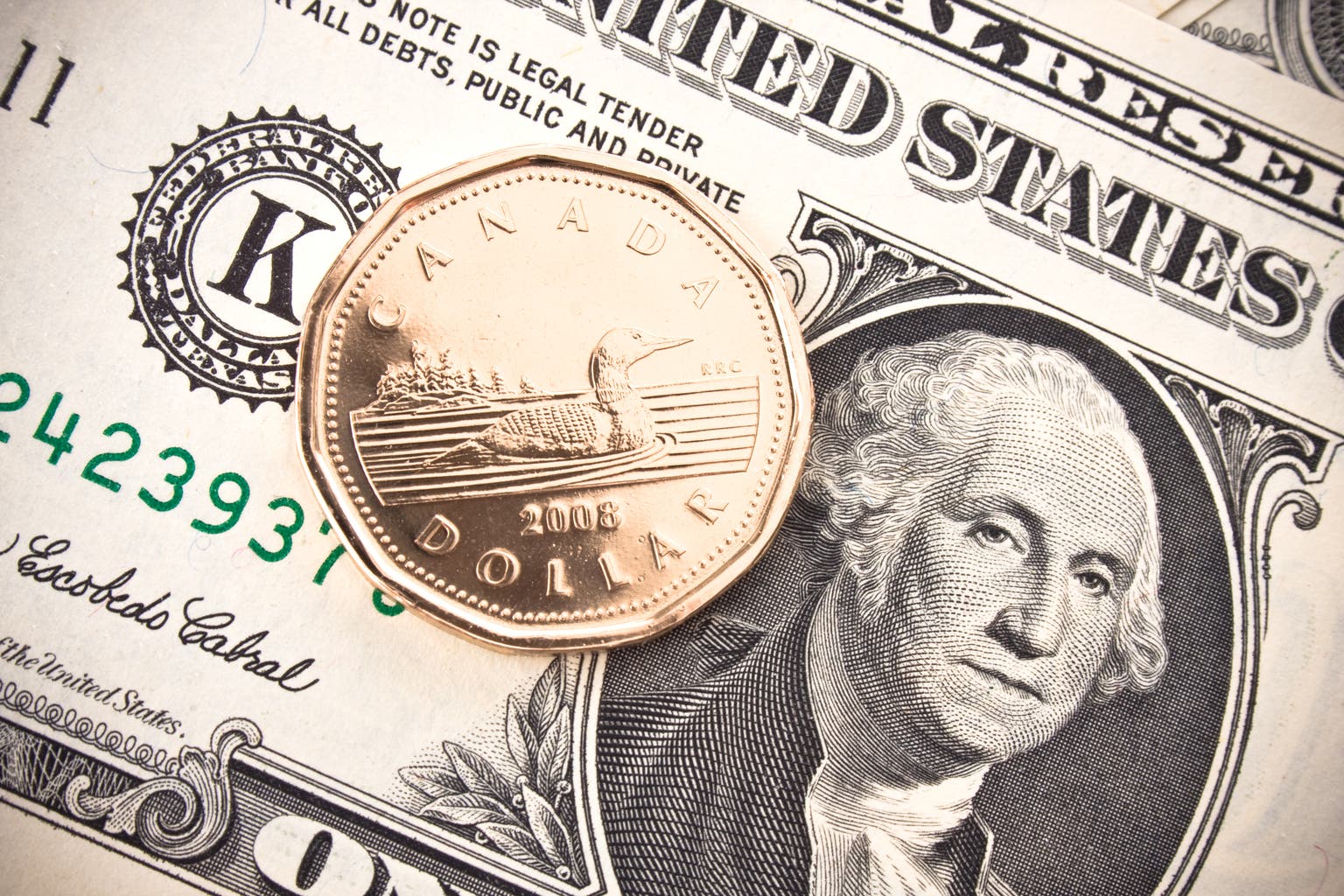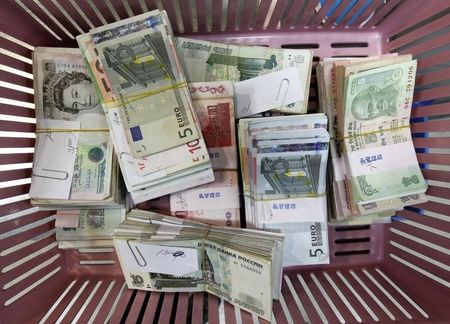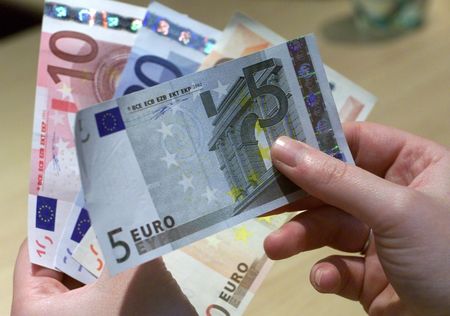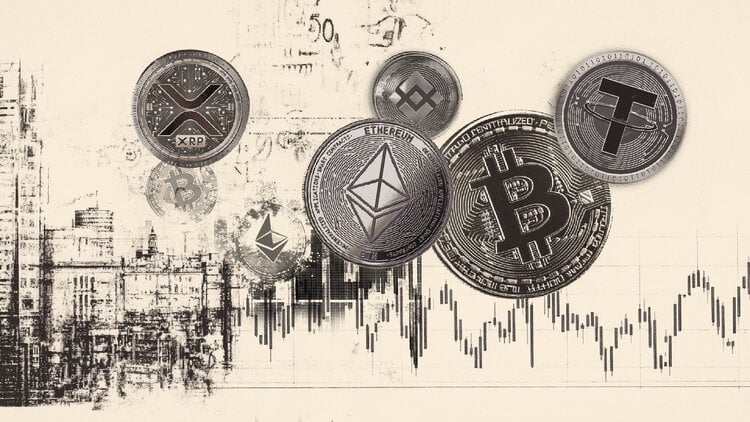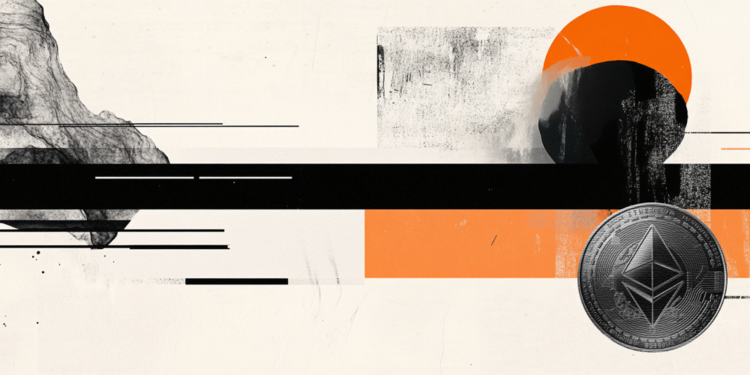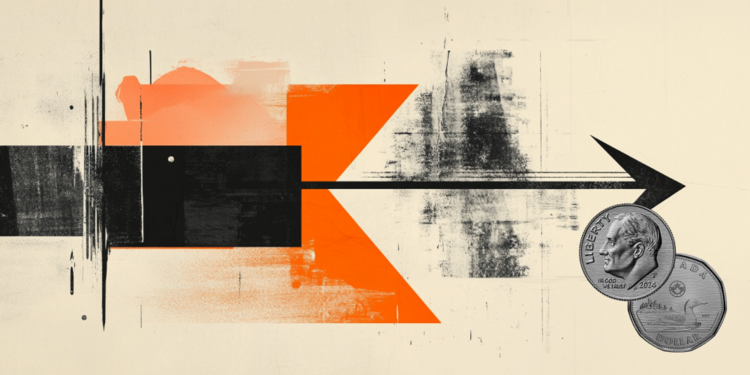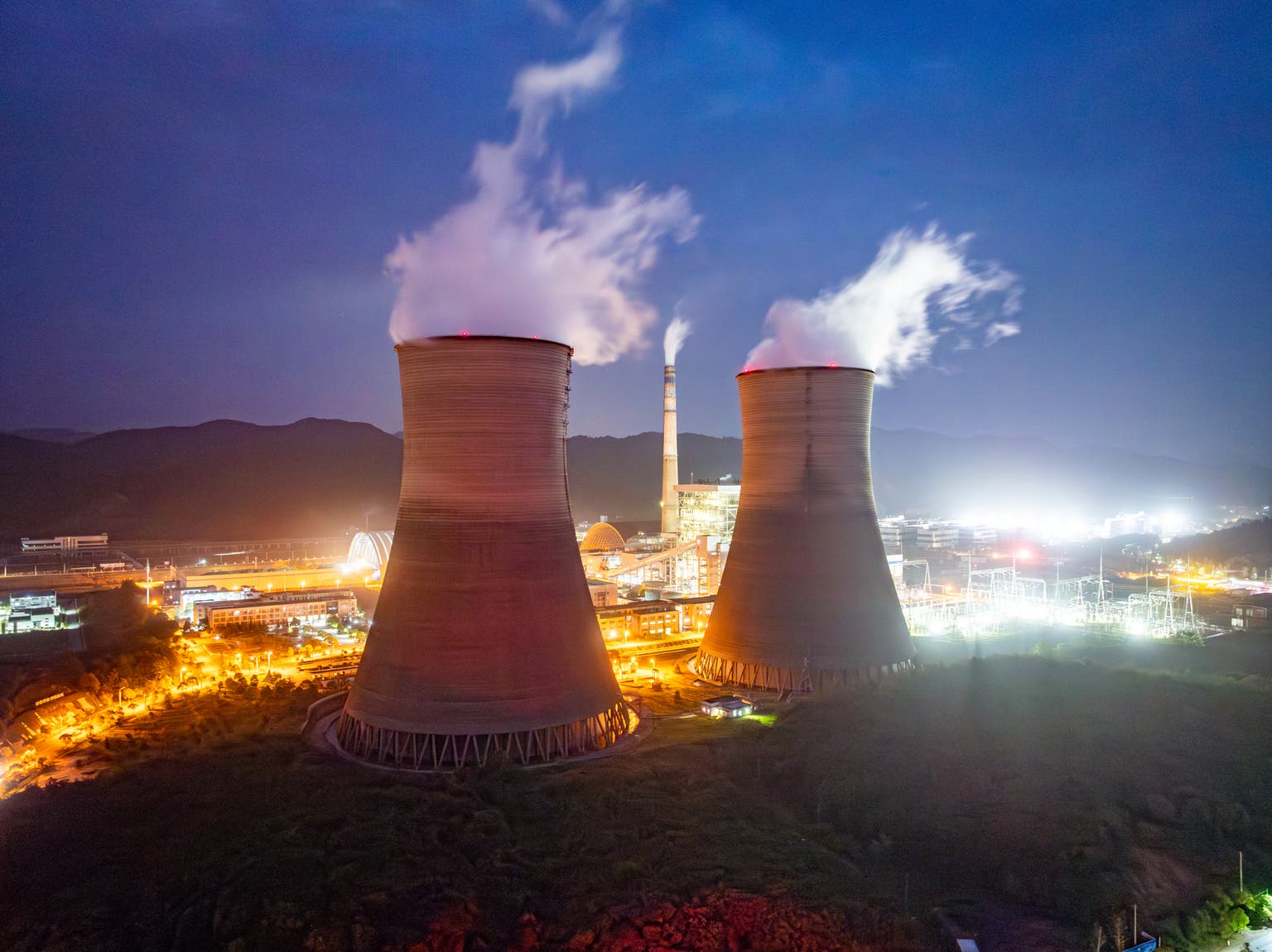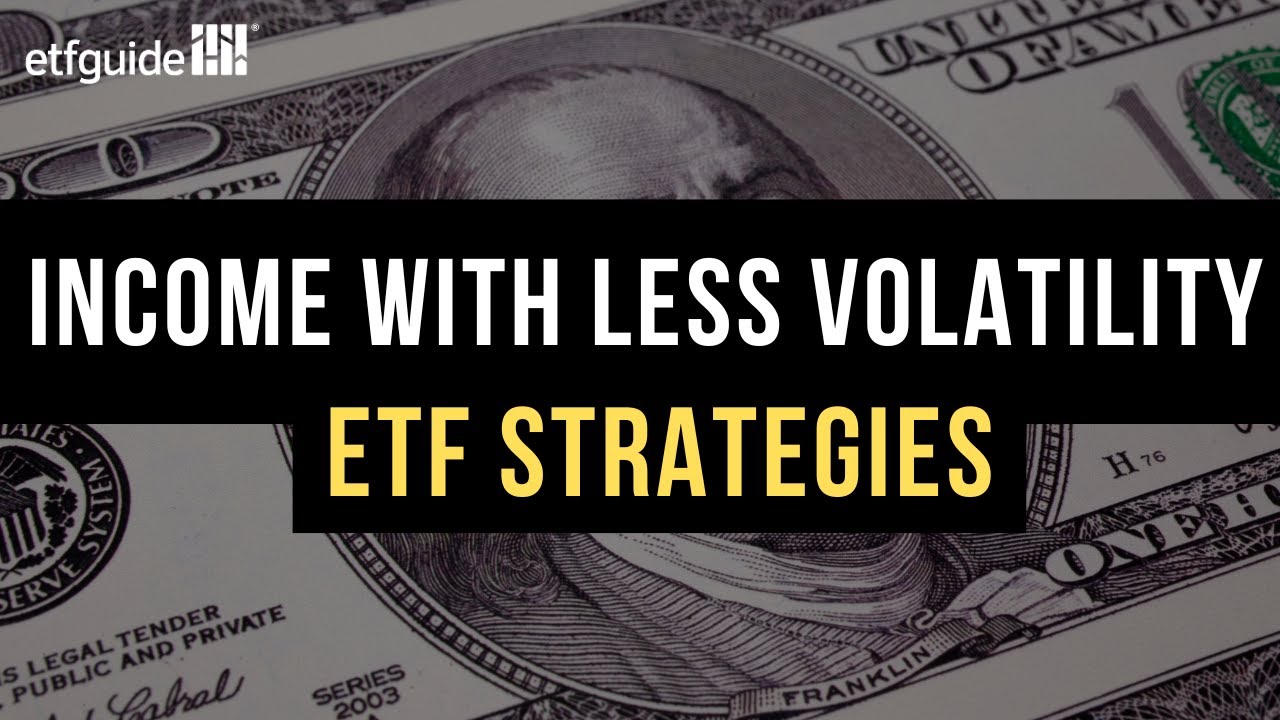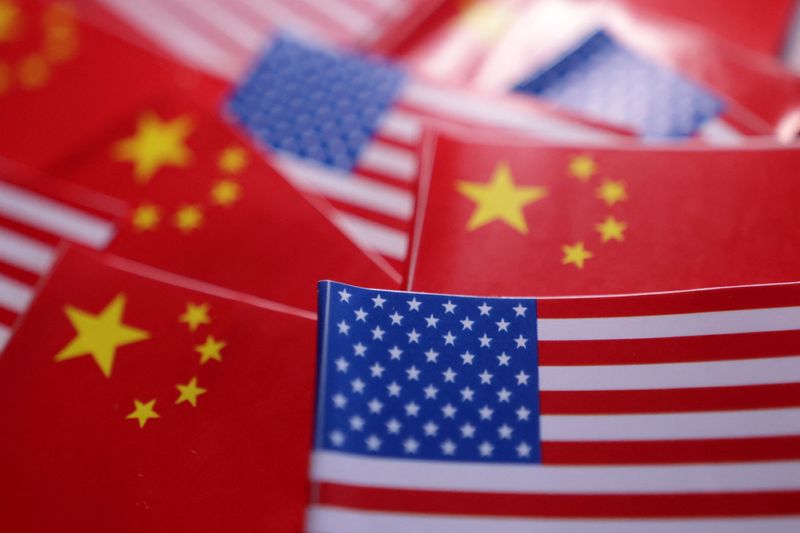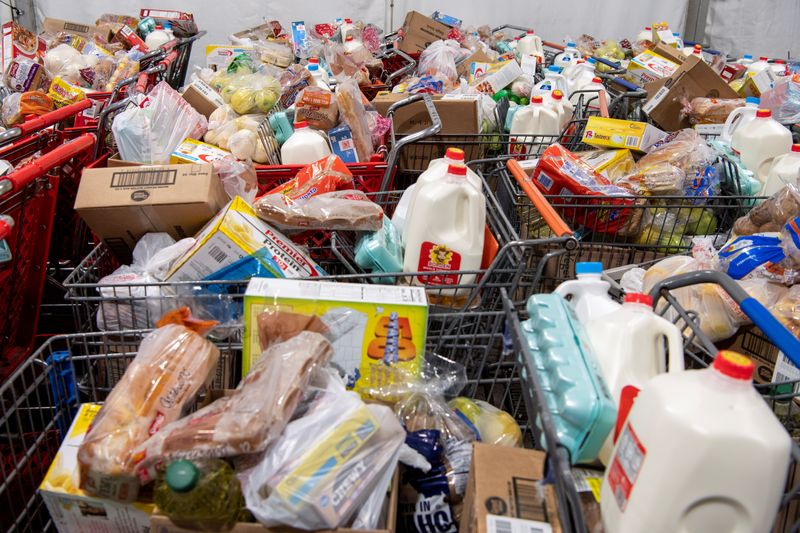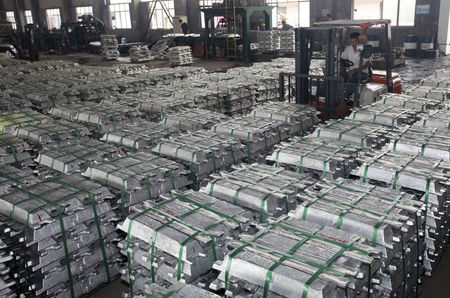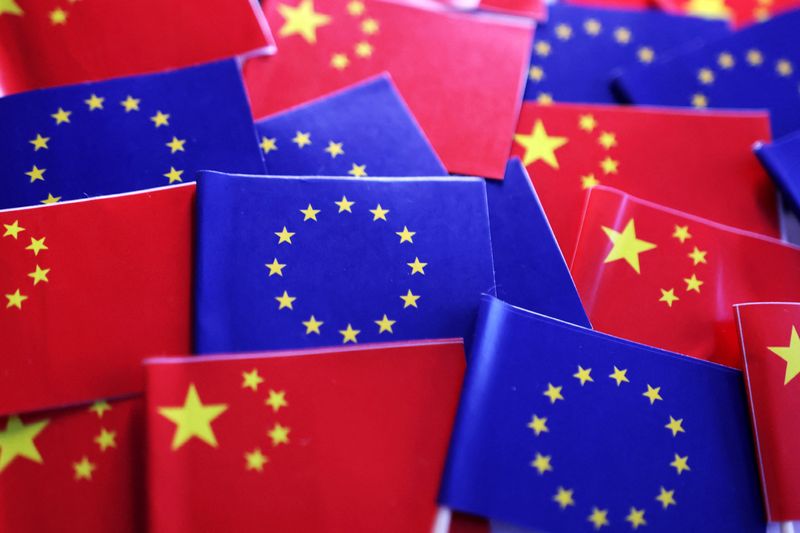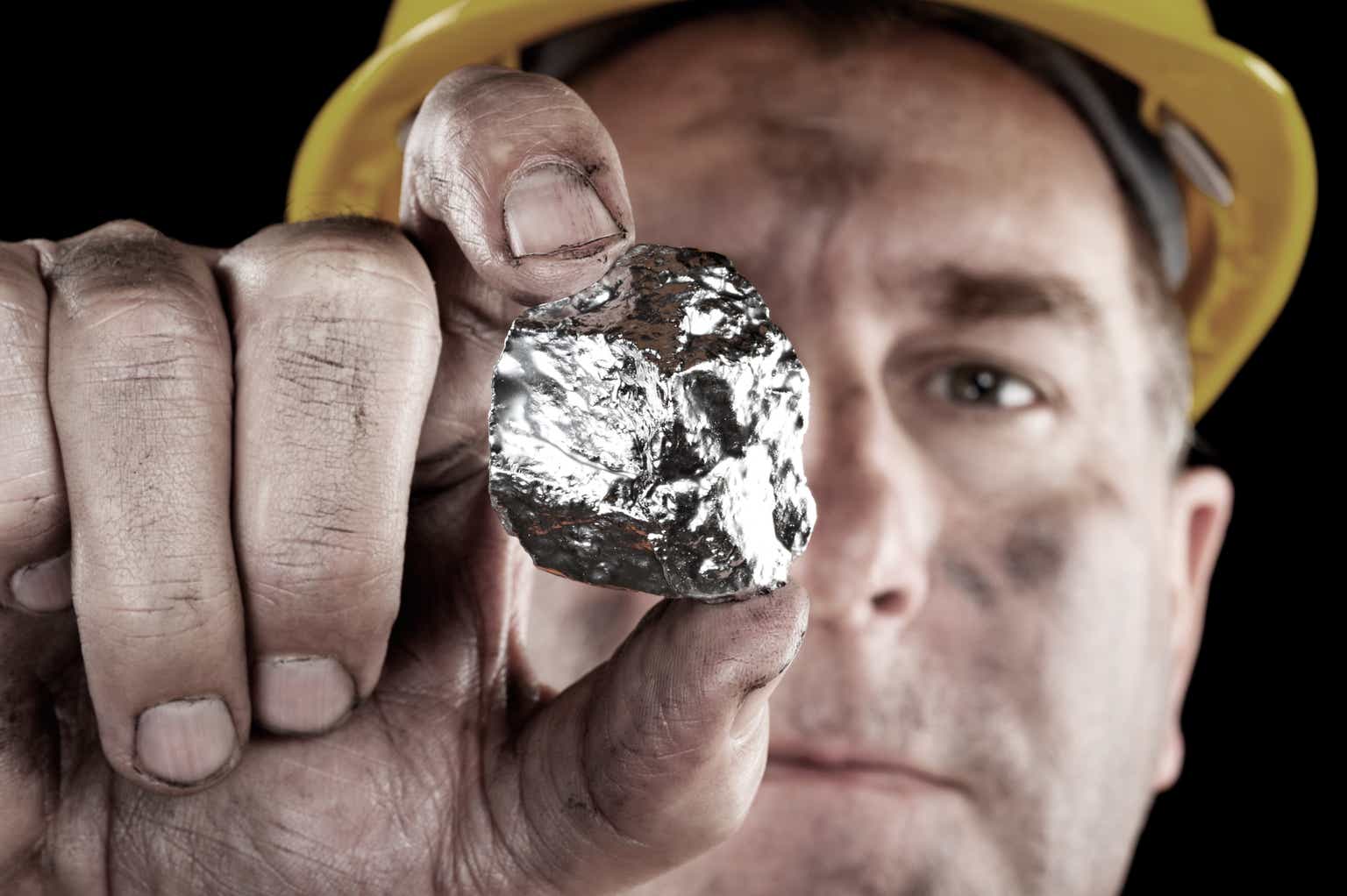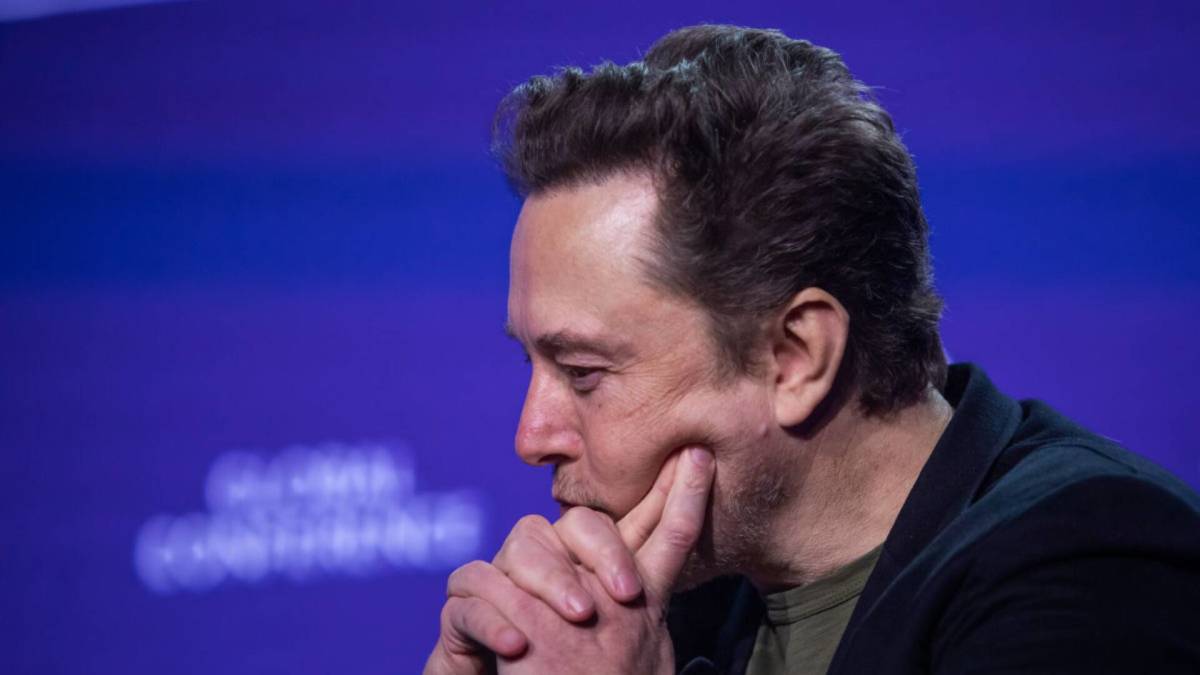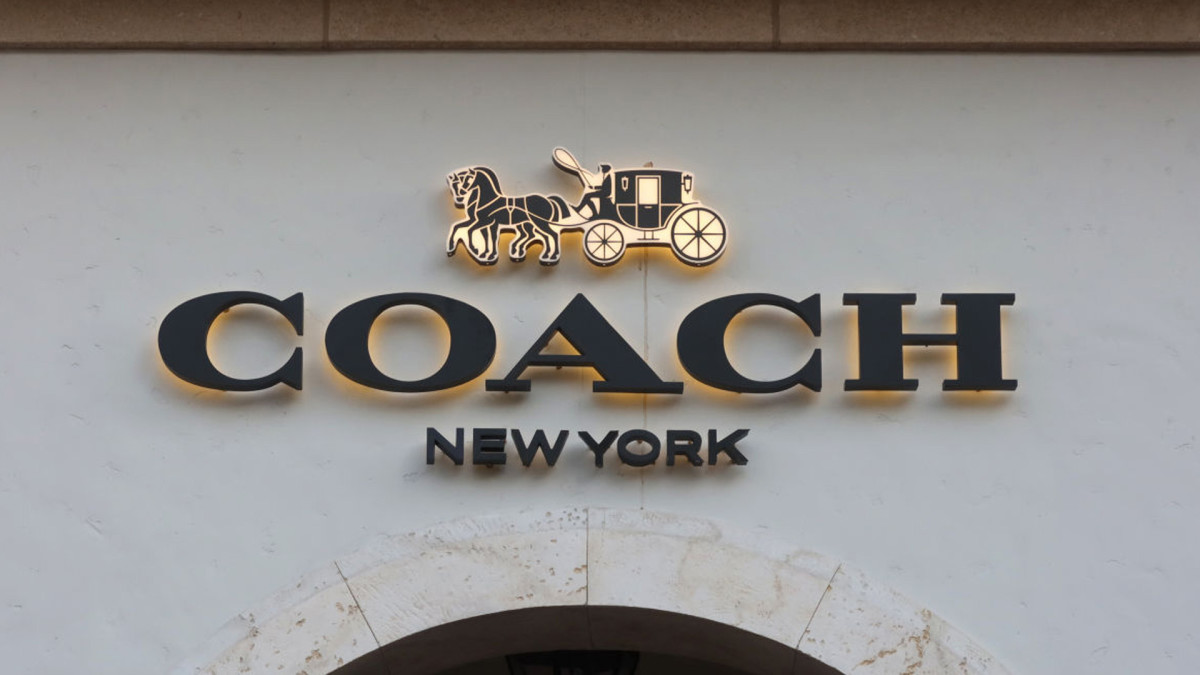Gucci, YSL owner pushes back on tariff threats
The luxury giant made it clear that it won't make changes just to keep the president happy.
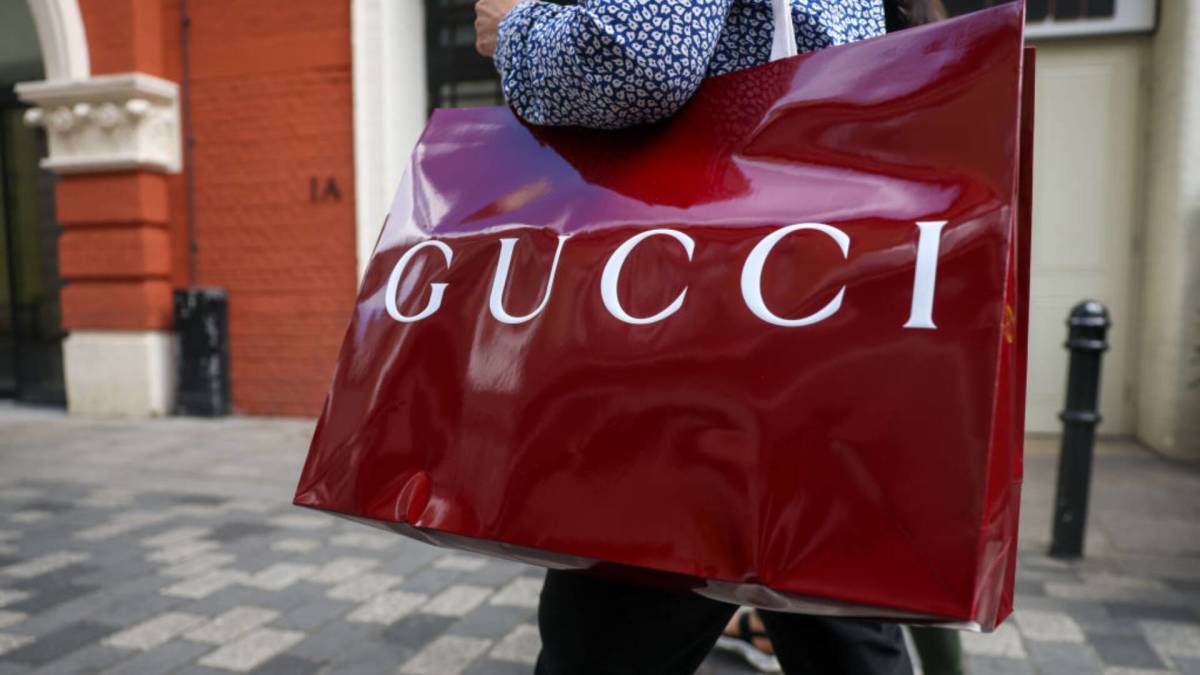
I bought my first pair of Saint Laurent (YSL) heels when I was 25.
They were all black patent leather in the iconic Tribute style, with crisscross straps and a sky-high platform that made absolutely no sense and every kind of sense at the same time.
I can’t remember exactly why, but I had some reason to celebrate (or so I told myself), and I couldn’t resist the rush of slipping those shoes on in the YSL store at Copley in Boston.
They were bold. A little aggressive. And completely, unapologetically French.
Related: Popular luxury brand takes a massive leap of faith in risky move
That moment wasn’t just about fashion — it was about owning something that felt like power. Putting them on was like flipping a switch: confidence, elegance, a little bit of edge.
Luxury brands like YSL know exactly what they’re selling. Sure, there’s craftsmanship and quality, but really, it’s culture. A story. An idea that something made in France or Italy is worth paying a premium.
So when presidents start throwing around threats of tariffs and urging companies to move production closer to home, that idea gets tested.
But Kering (PPRUY) , the company behind Gucci, YSL, and Bottega Veneta, just made it clear: it has no intention of budging.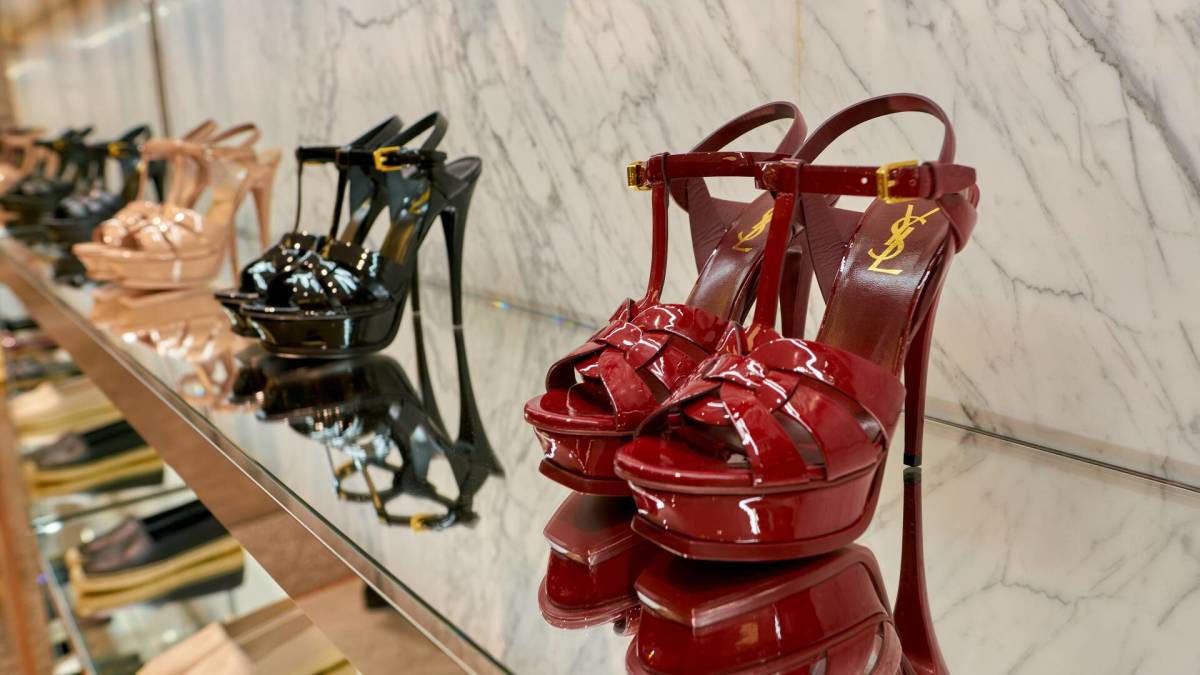
Kering stands its ground as tariff threats loom
On the Q1 2025 earnings call, Kering CEO François-Henri Pinault made one thing clear: the company won’t be moving its production out of Europe in response to U.S. tariffs.
“Most of our brands we are producing in Italy and in France, and this is part of the promise that we bring through our products, through our heritage, to the consumer,” he told investors.
He went even further, adding, “We are selling part of our culture, being an Italian culture or a French culture. So we have no plan of producing to counter the tariff. It makes no sense.”
Related: Luxury outerwear brand avoids tariffs as rivals try to exit China
His comments came just days after President Donald Trump signaled that sweeping new tariffs on goods from the European Union were imminent, calling the EU’s trade actions “an atrocity.”
Pinault said the company already operates in large global markets (like China) where import duties are standard, and he emphasized that adjusting its entire supply chain would dilute the very value proposition luxury buyers are paying for.
Still, Kering isn’t ignoring the issue. Pinault acknowledged the company may have to rethink pricing strategy if the tariffs go into effect.
Luxury giant Kering under revenue pressure
Tariffs aren’t the only problem on Kering’s plate. In its latest results, the group reported a 14% drop in revenue for the first quarter of 2025, totaling €3.9 billion.
Gucci continues to struggle. The brand brought in €1.6 billion in Q1 2025, down 24% year-over-year. Sales fell sharply across both its retail and wholesale channels. Meanwhile, YSL posted €679 million in Q1 revenue, down 8%, with some resilience in European and Middle Eastern markets.
Kering closed 25 stores globally during the quarter, and although Bottega Veneta (up 4%) and its beauty and eyewear segments saw growth, the group’s overall trajectory remains challenged.
Pinault addressed the issue, stating, “We are increasing our vigilance to weather the macroeconomic headwinds our industry faces.”
The company also recently offloaded its stake in The Mall Luxury Outlets and entered a joint venture for three Parisian real estate assets, moves that signal a tighter focus on its core business and brand strategy.
Kering’s message — heritage over haste — is one not all luxury players may be able to afford. But if it pulls through, it’ll be because it stood by elegance, even when tariffs made shortcuts tempting.






